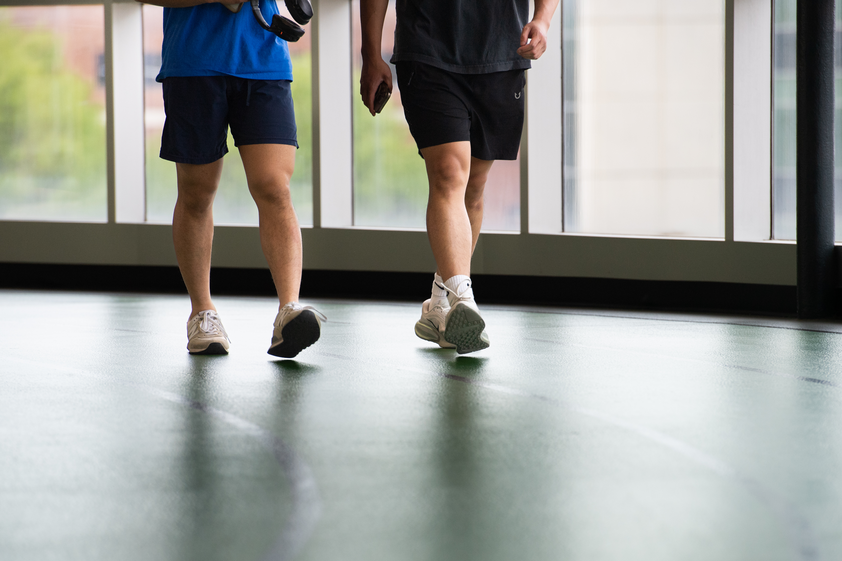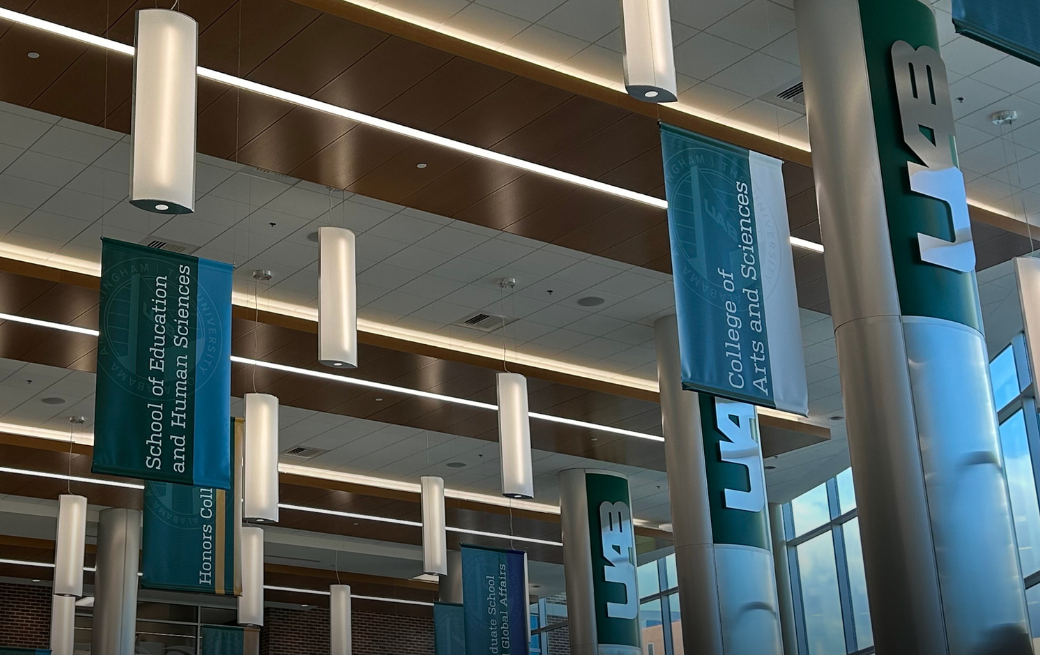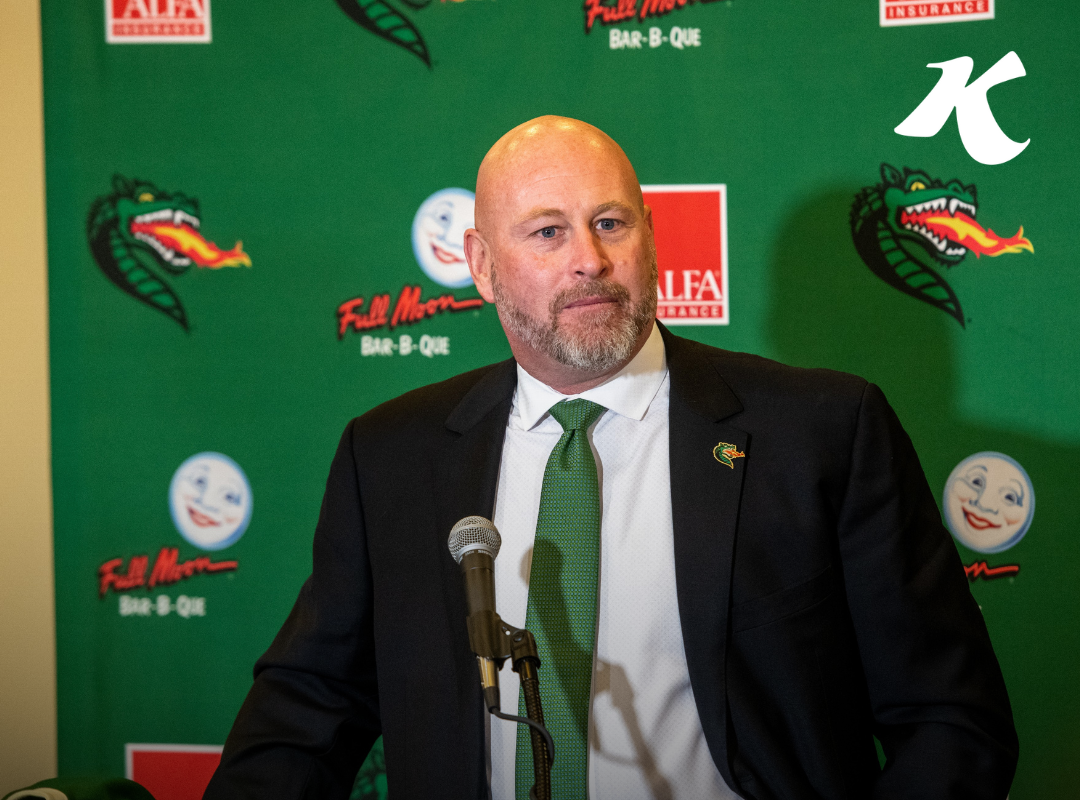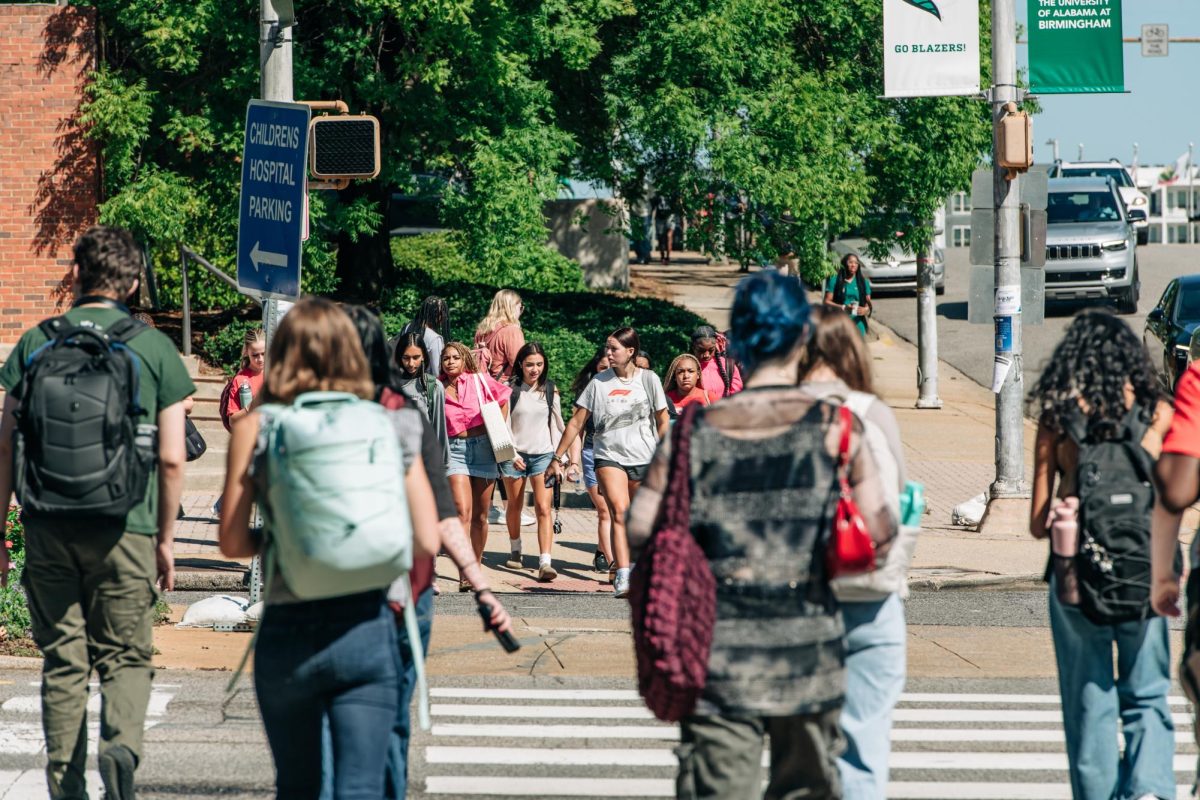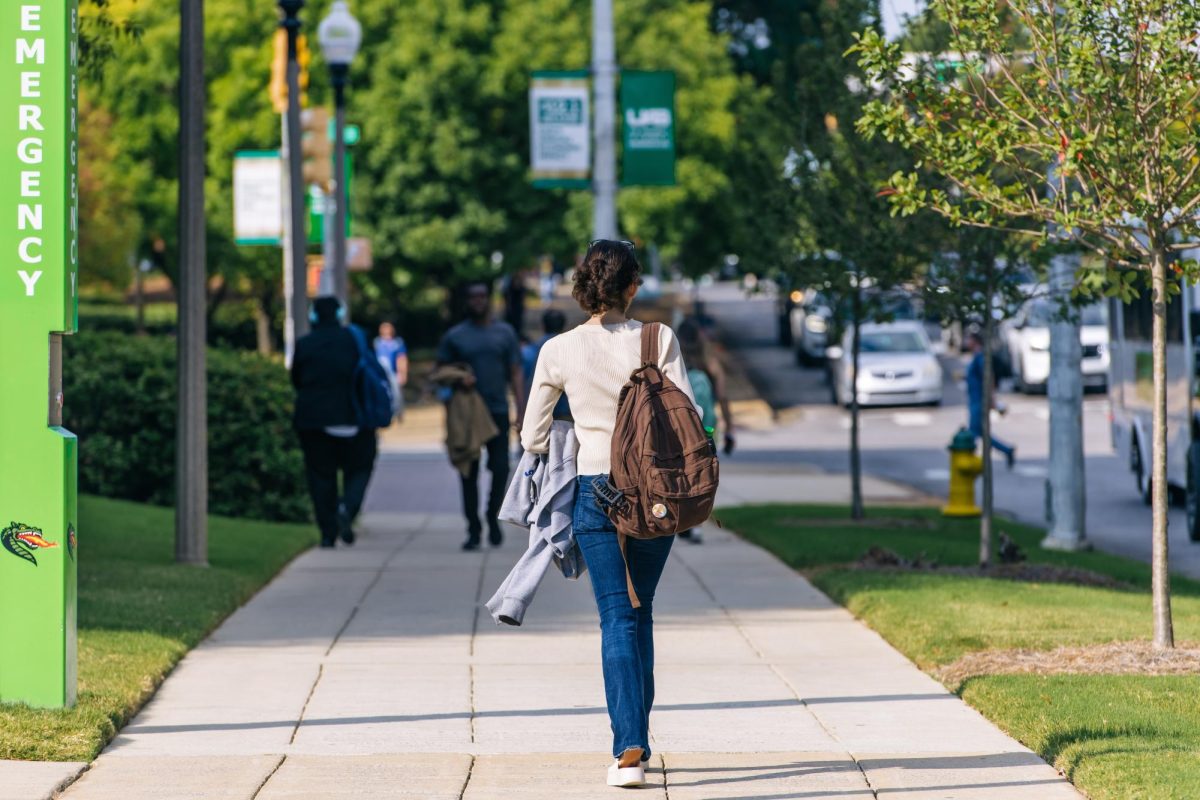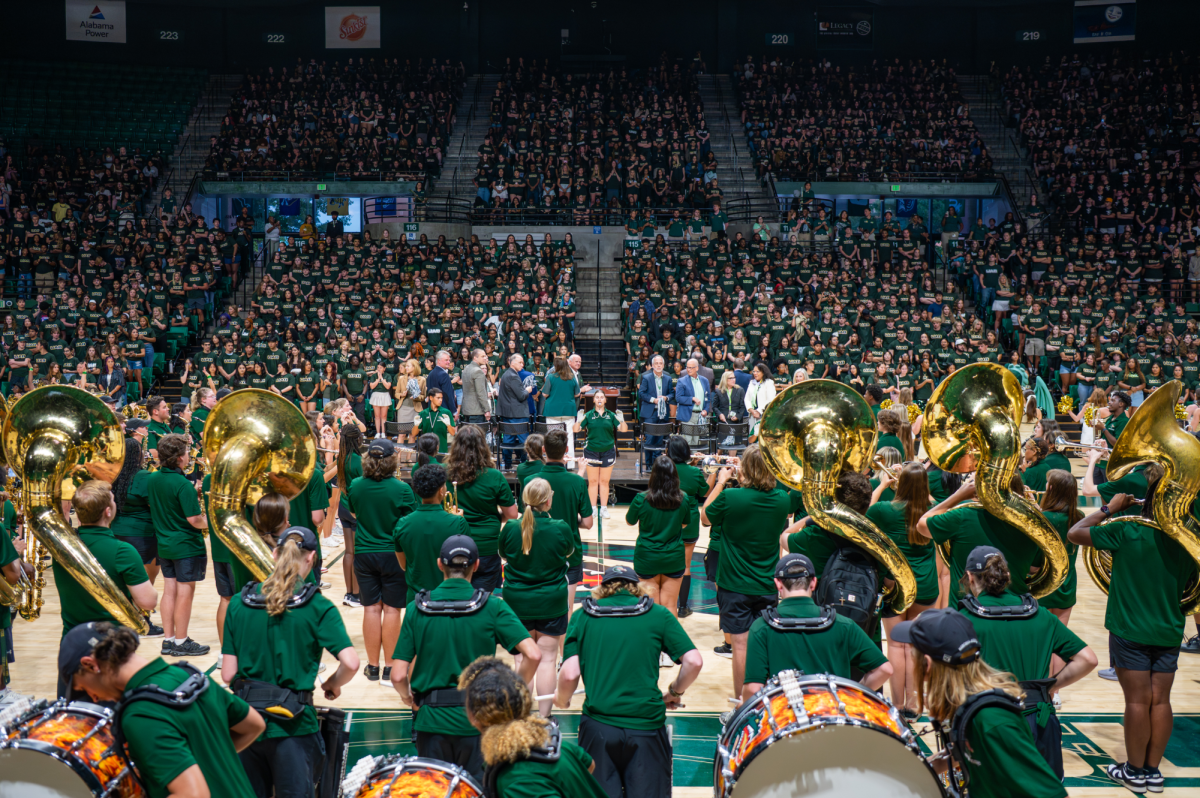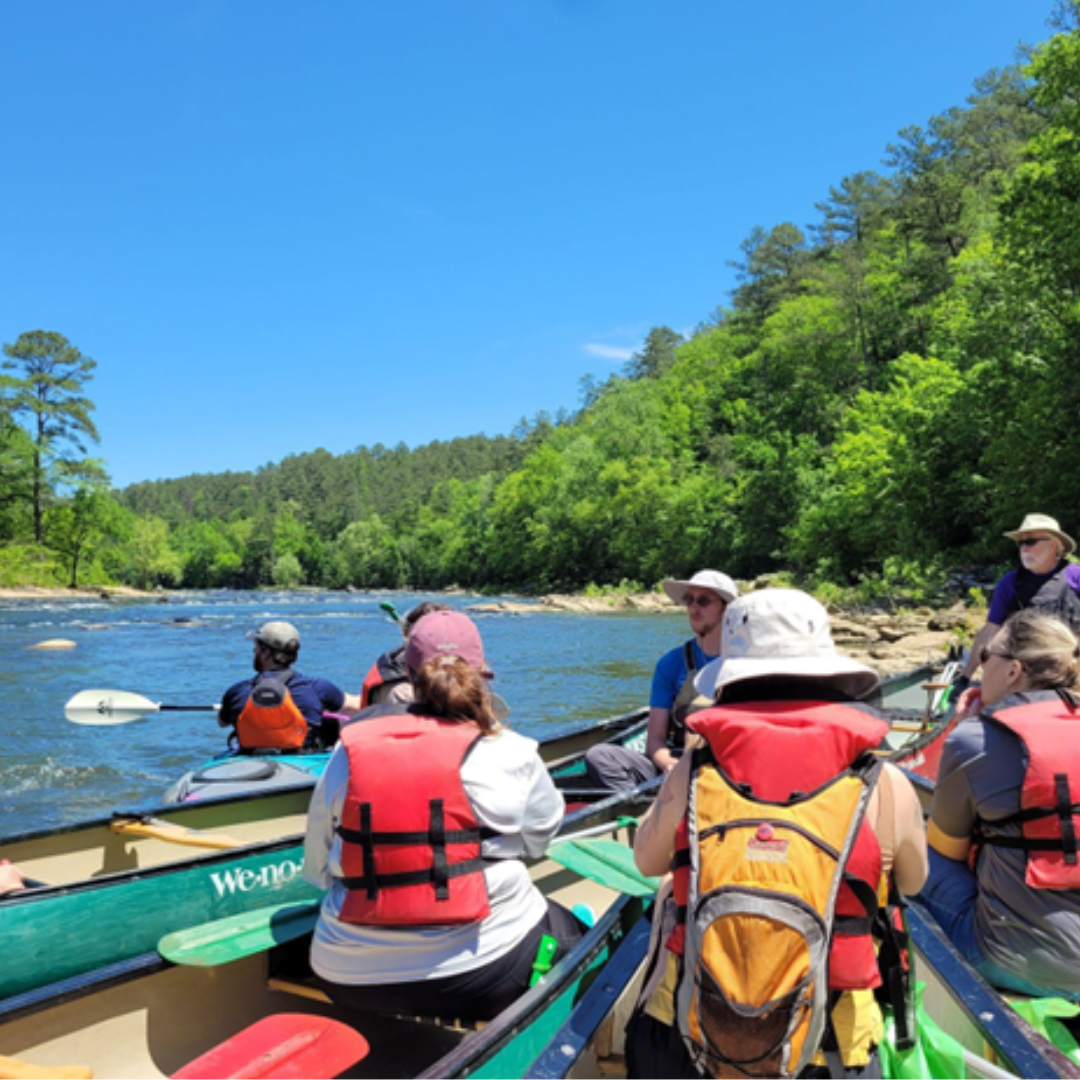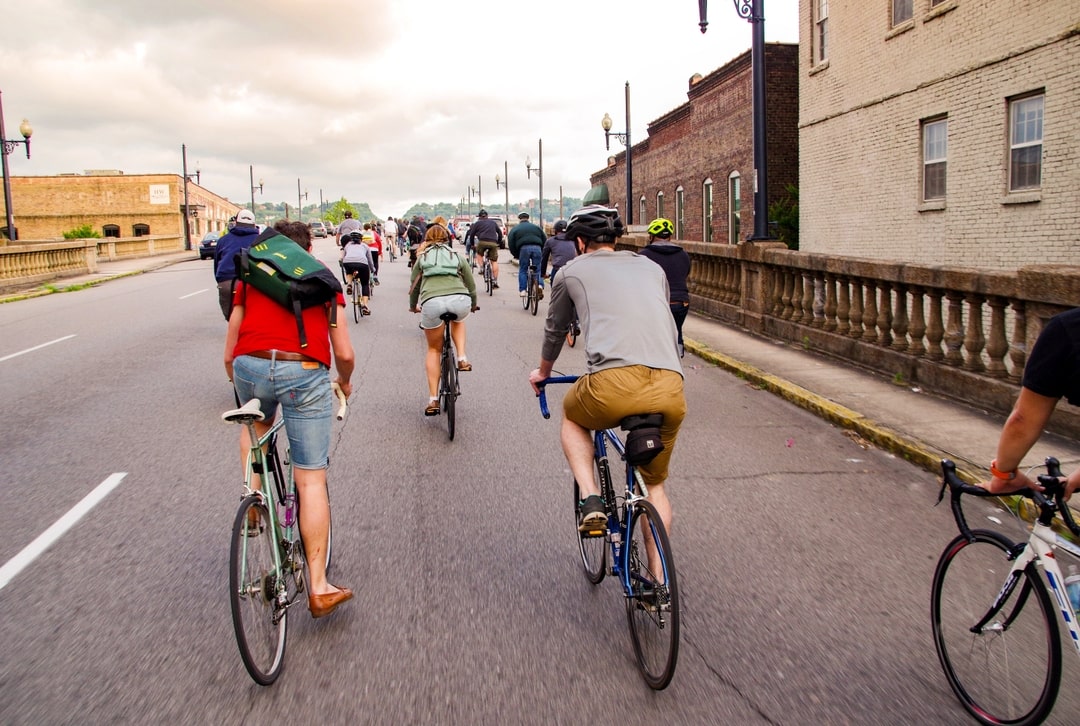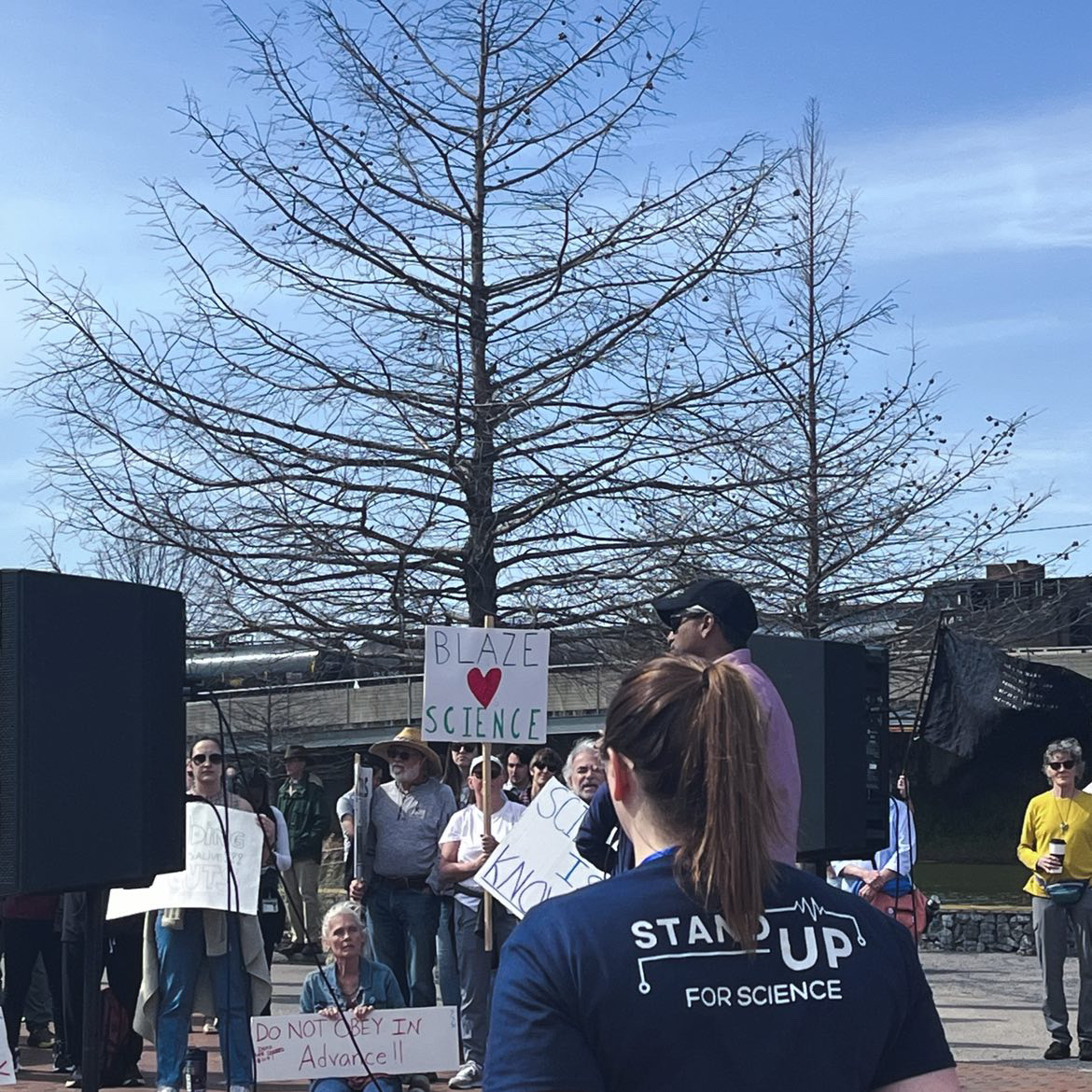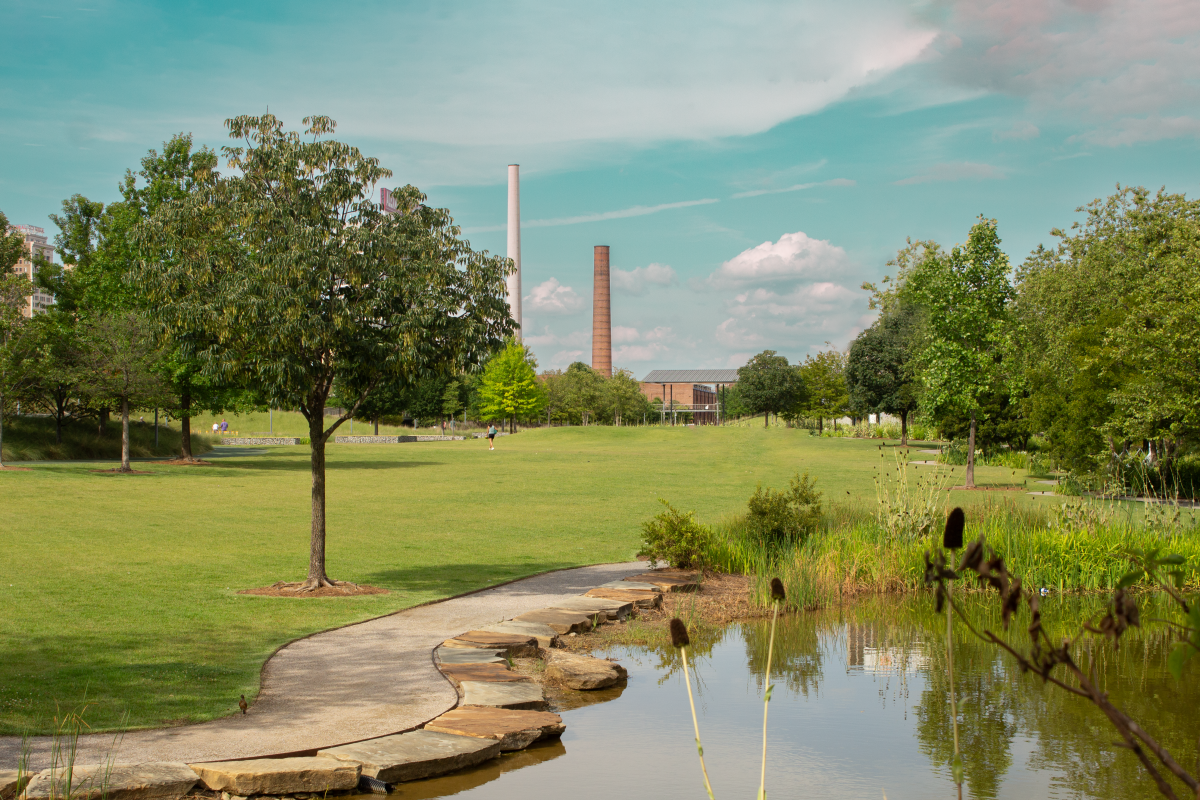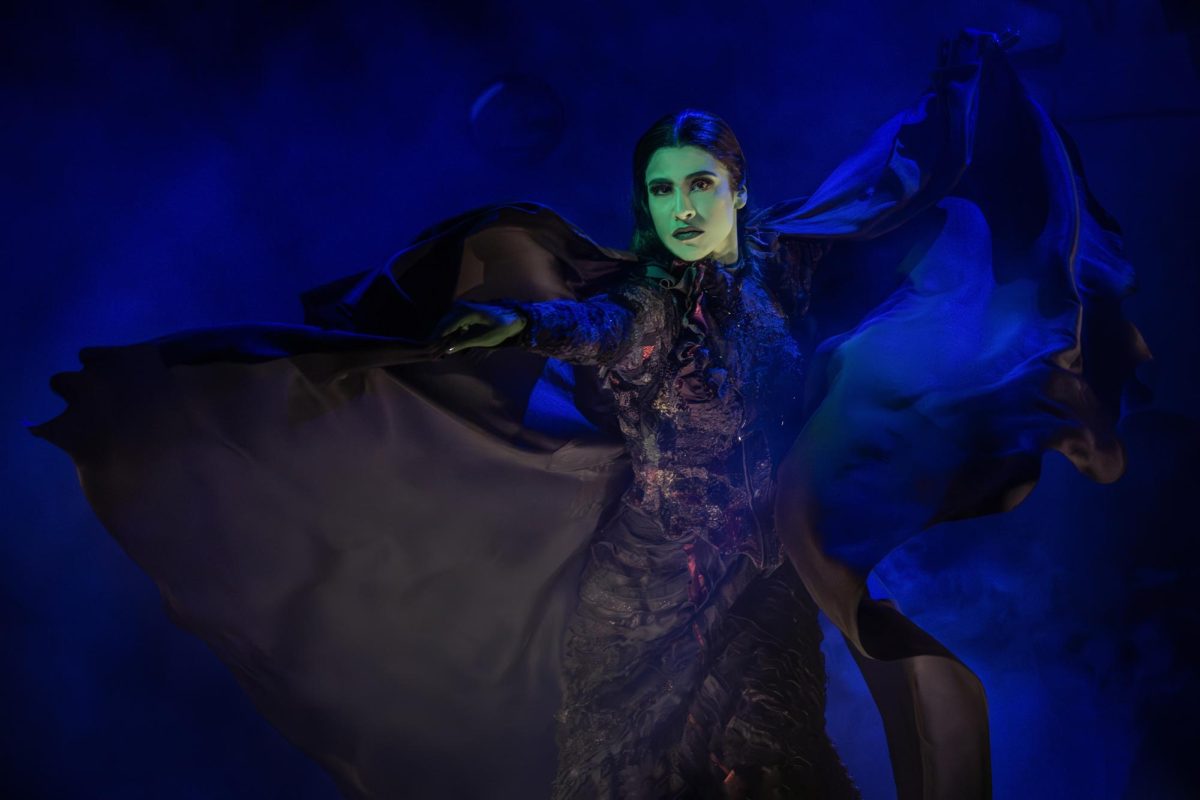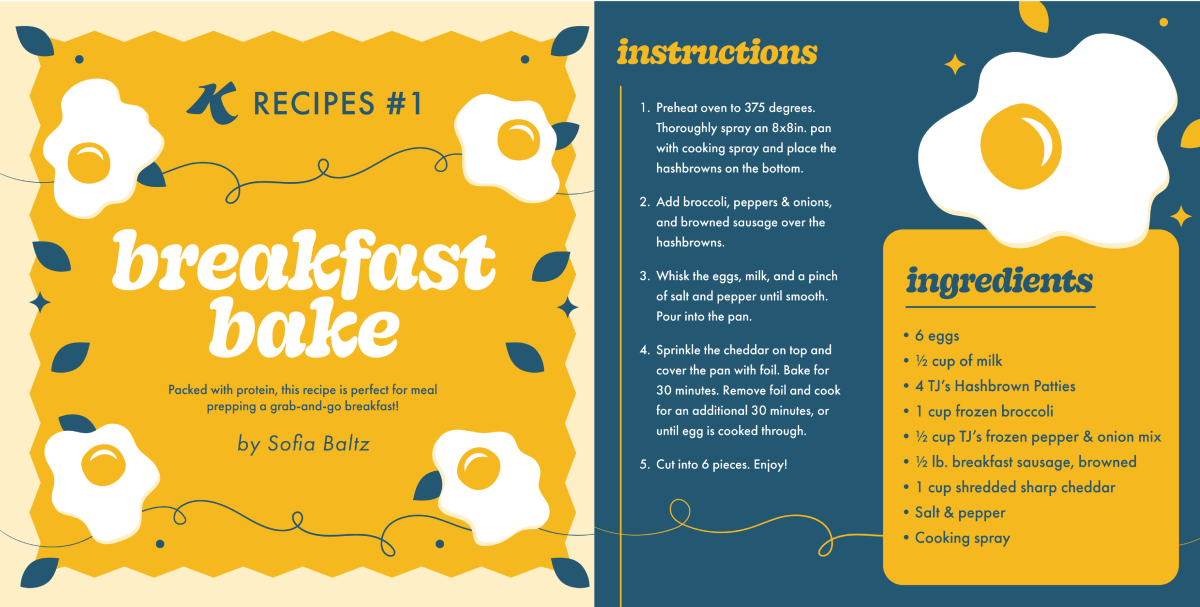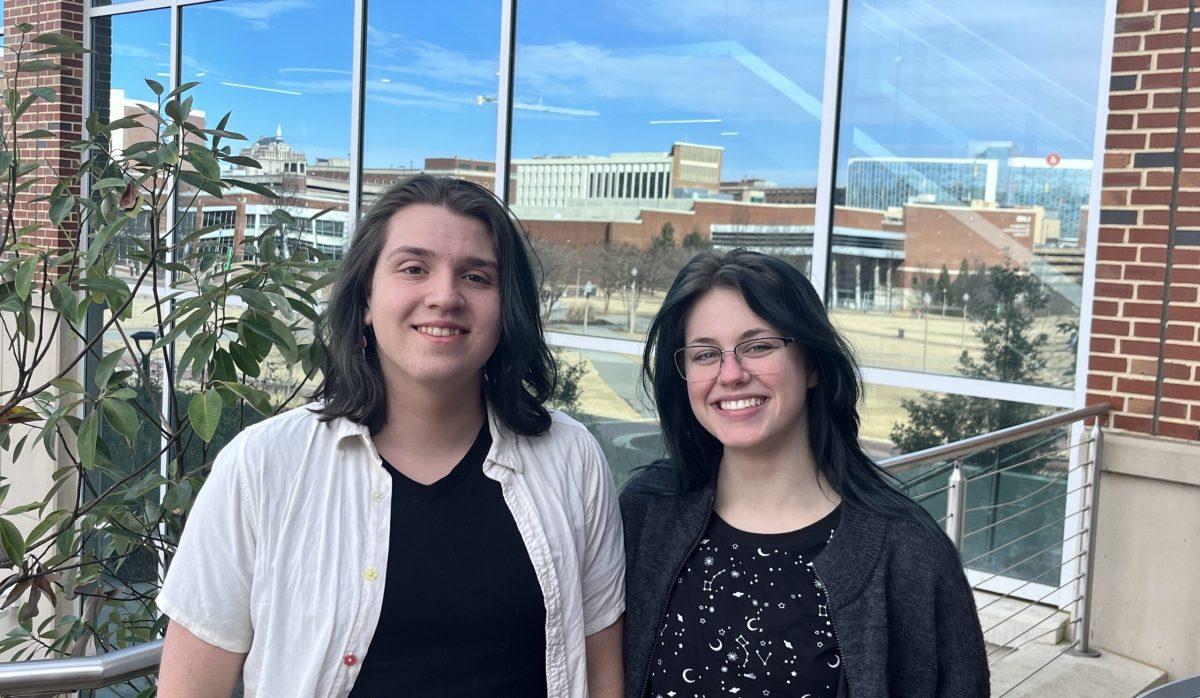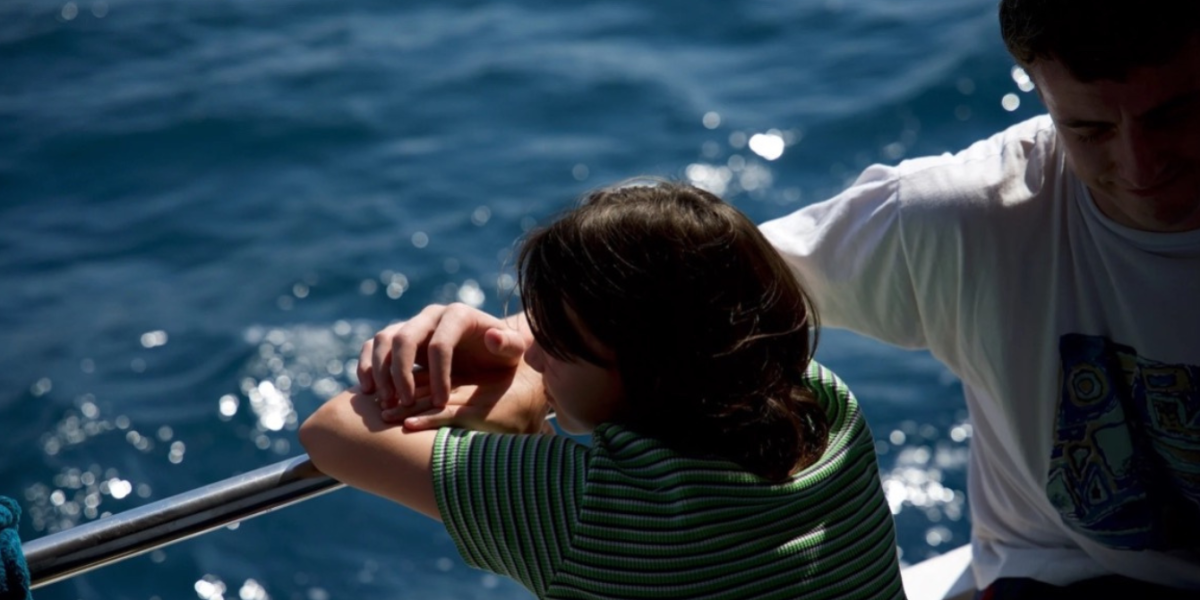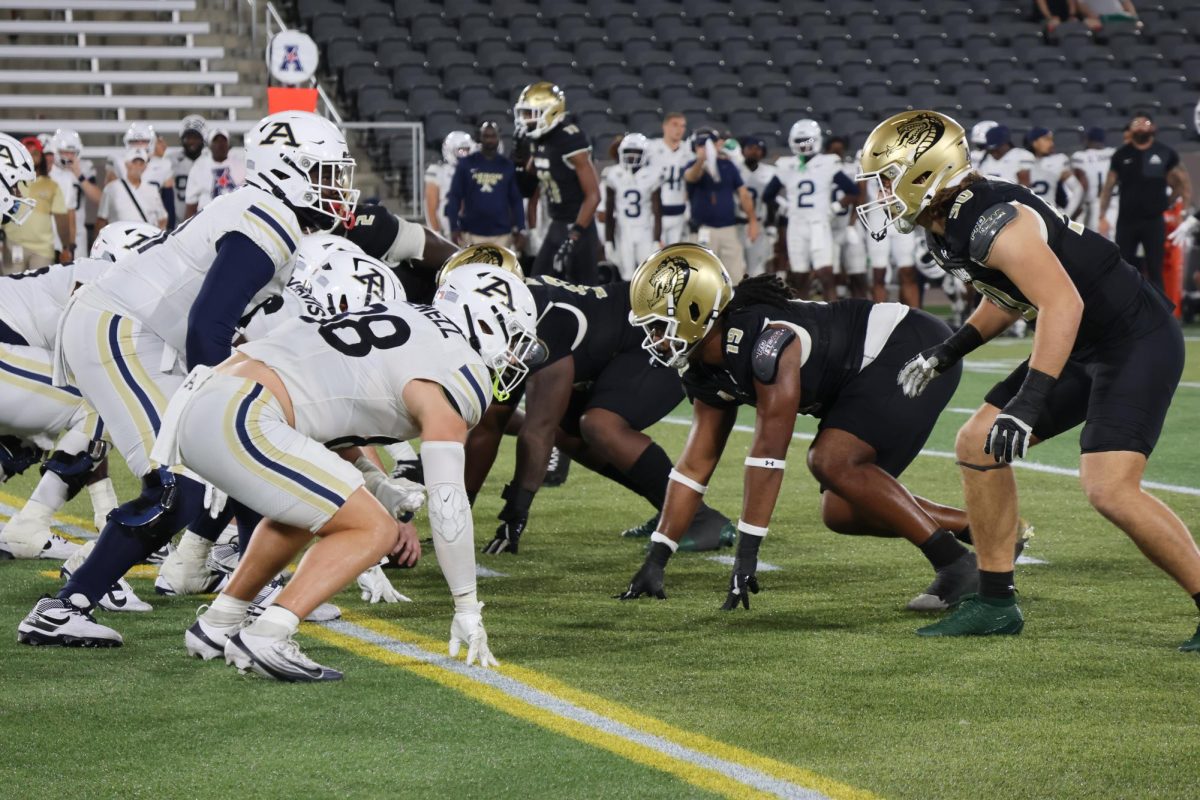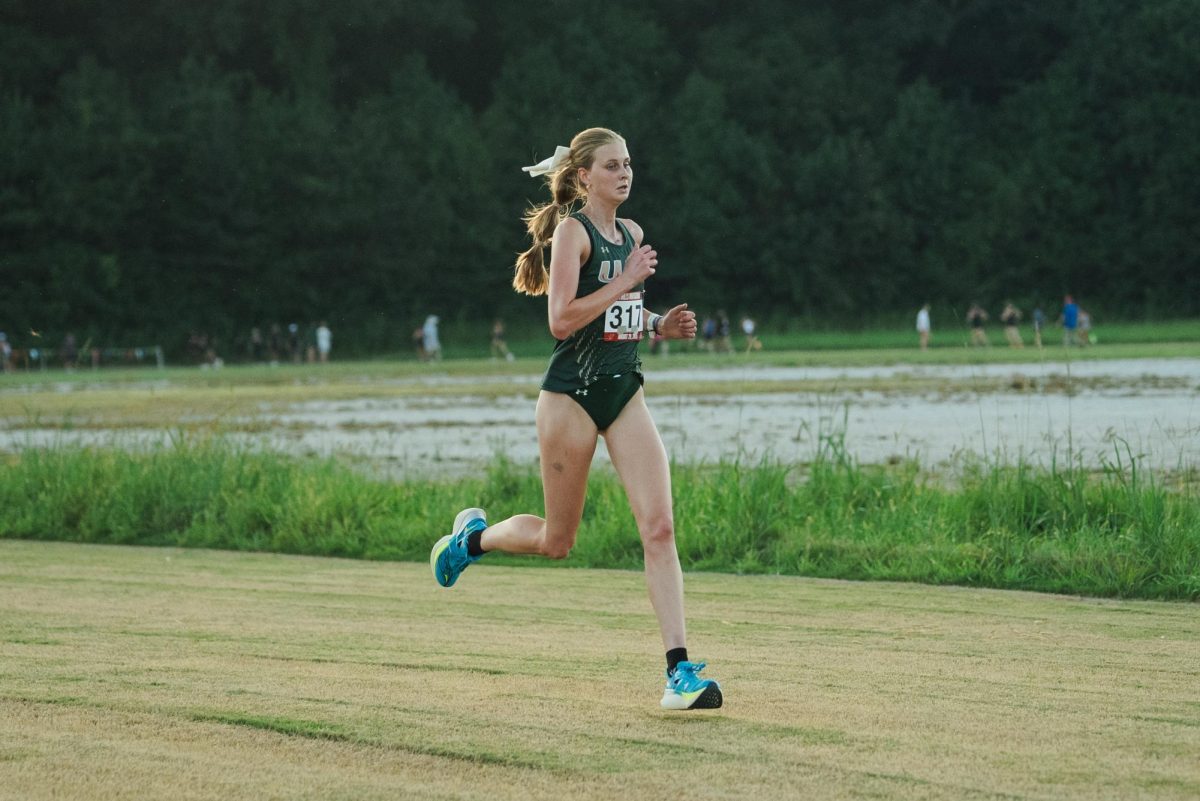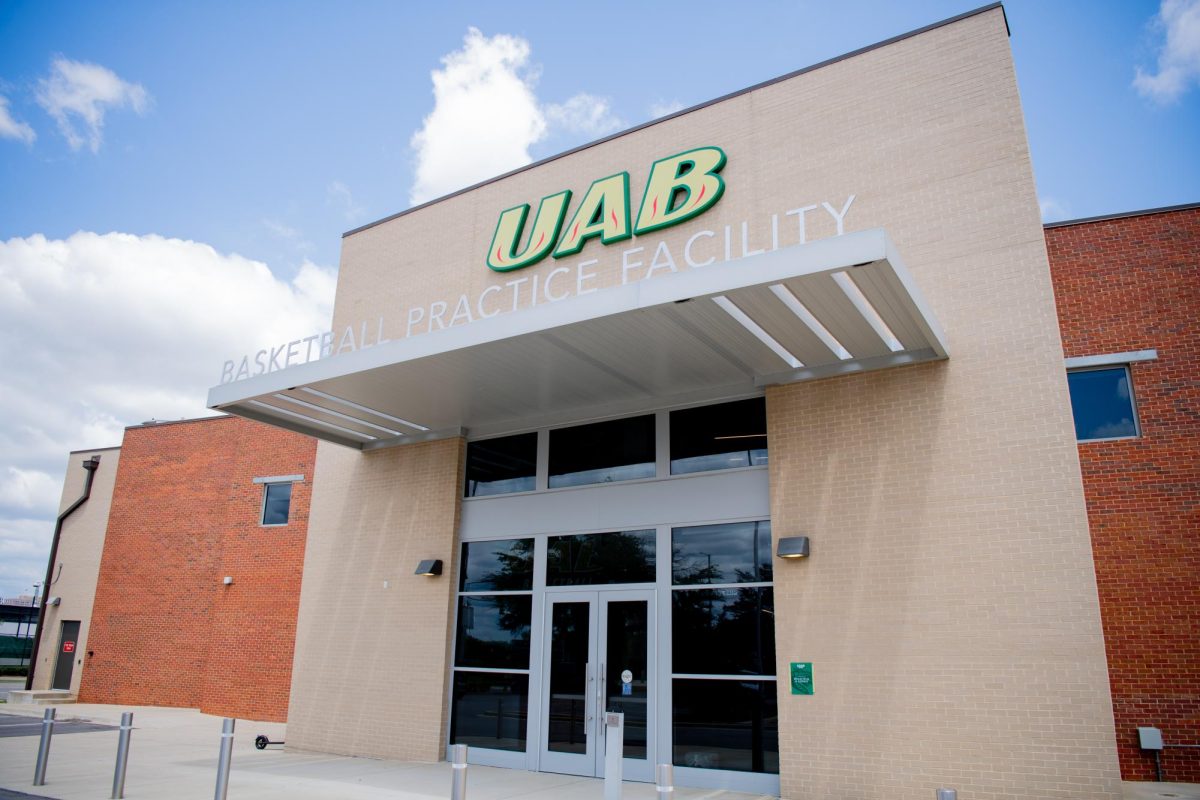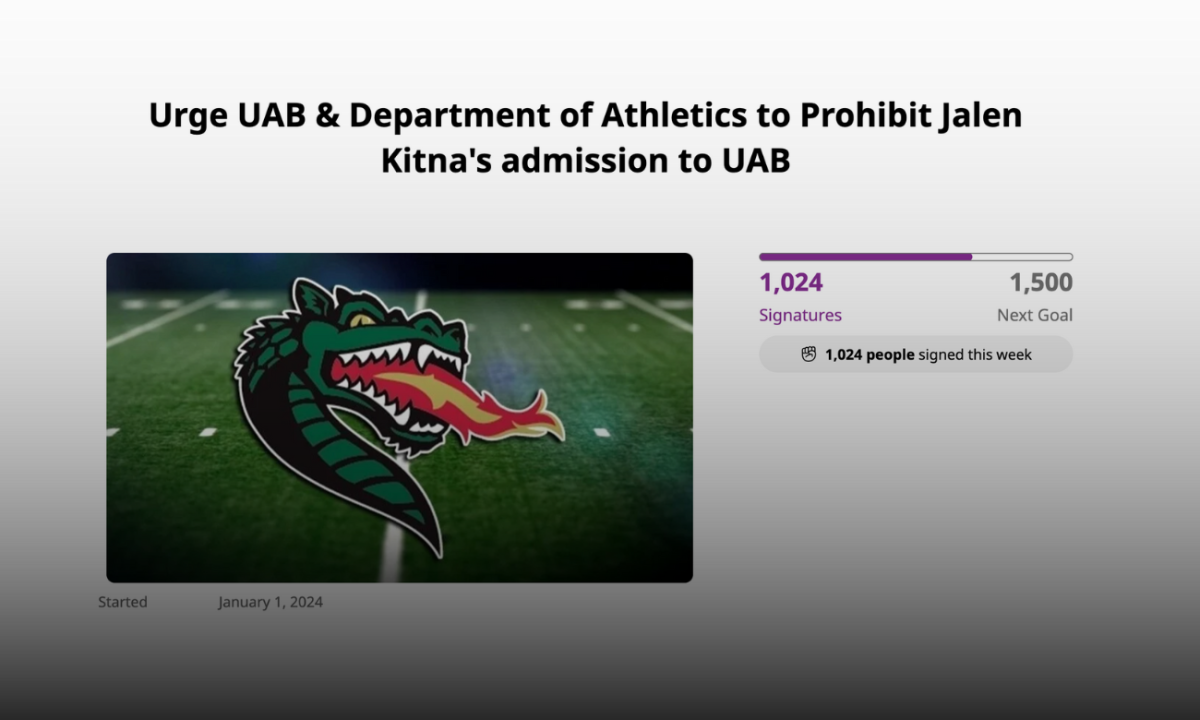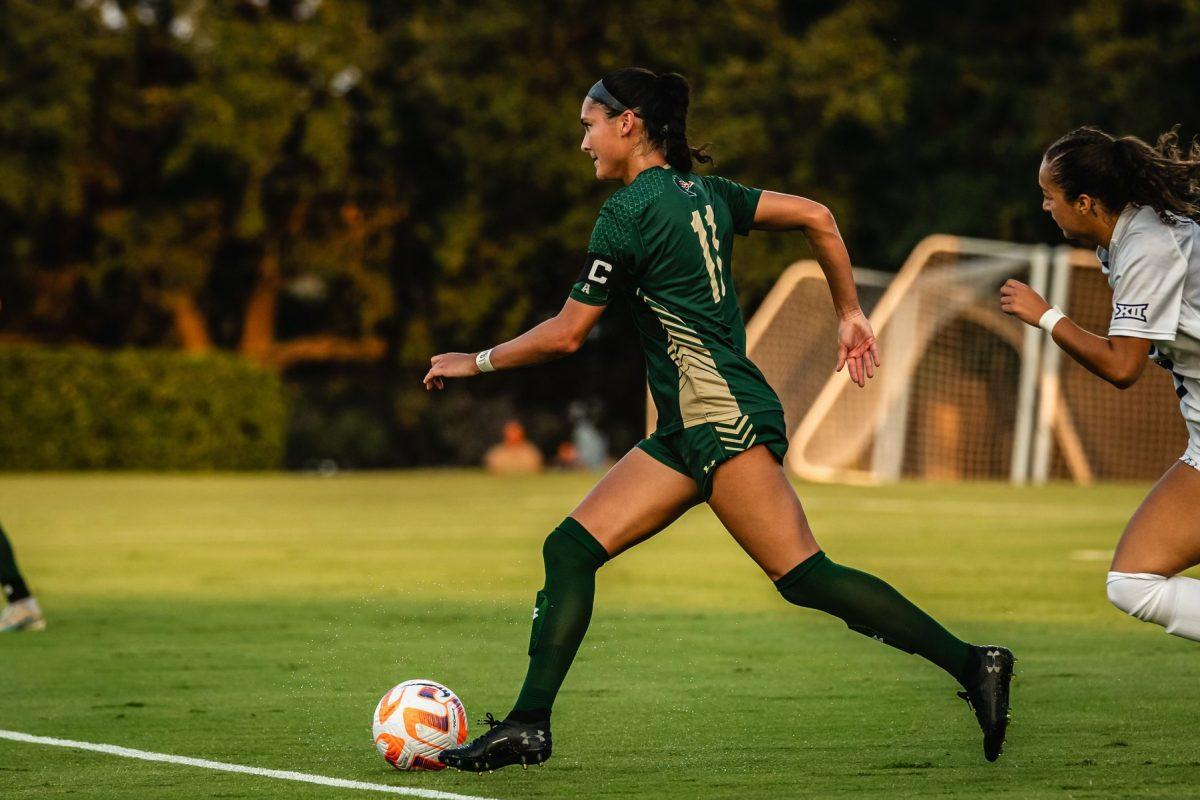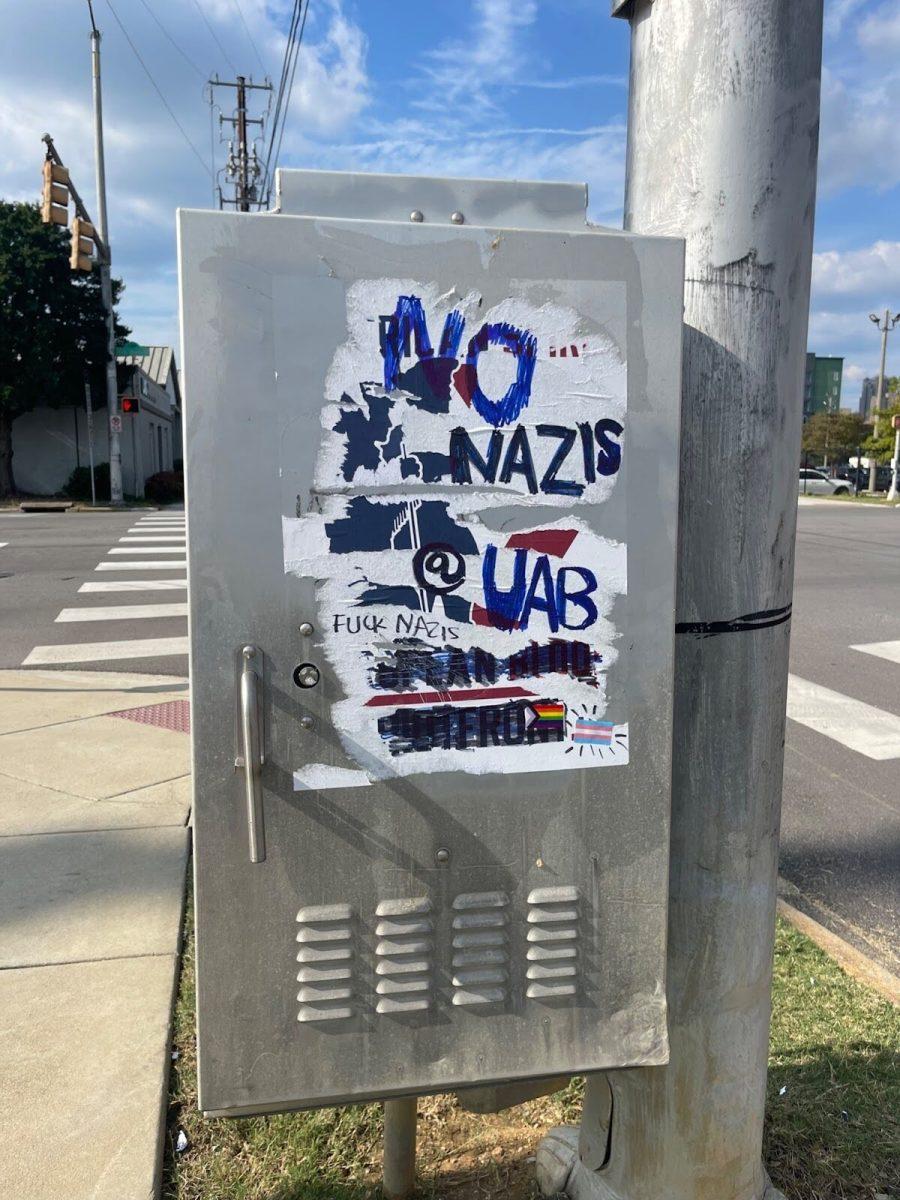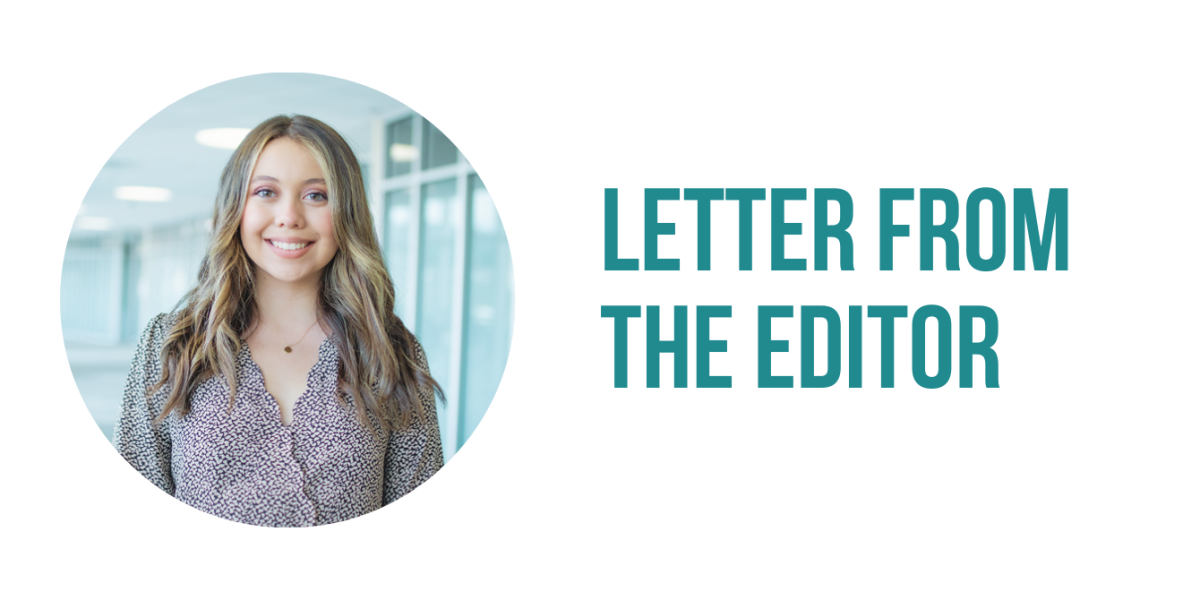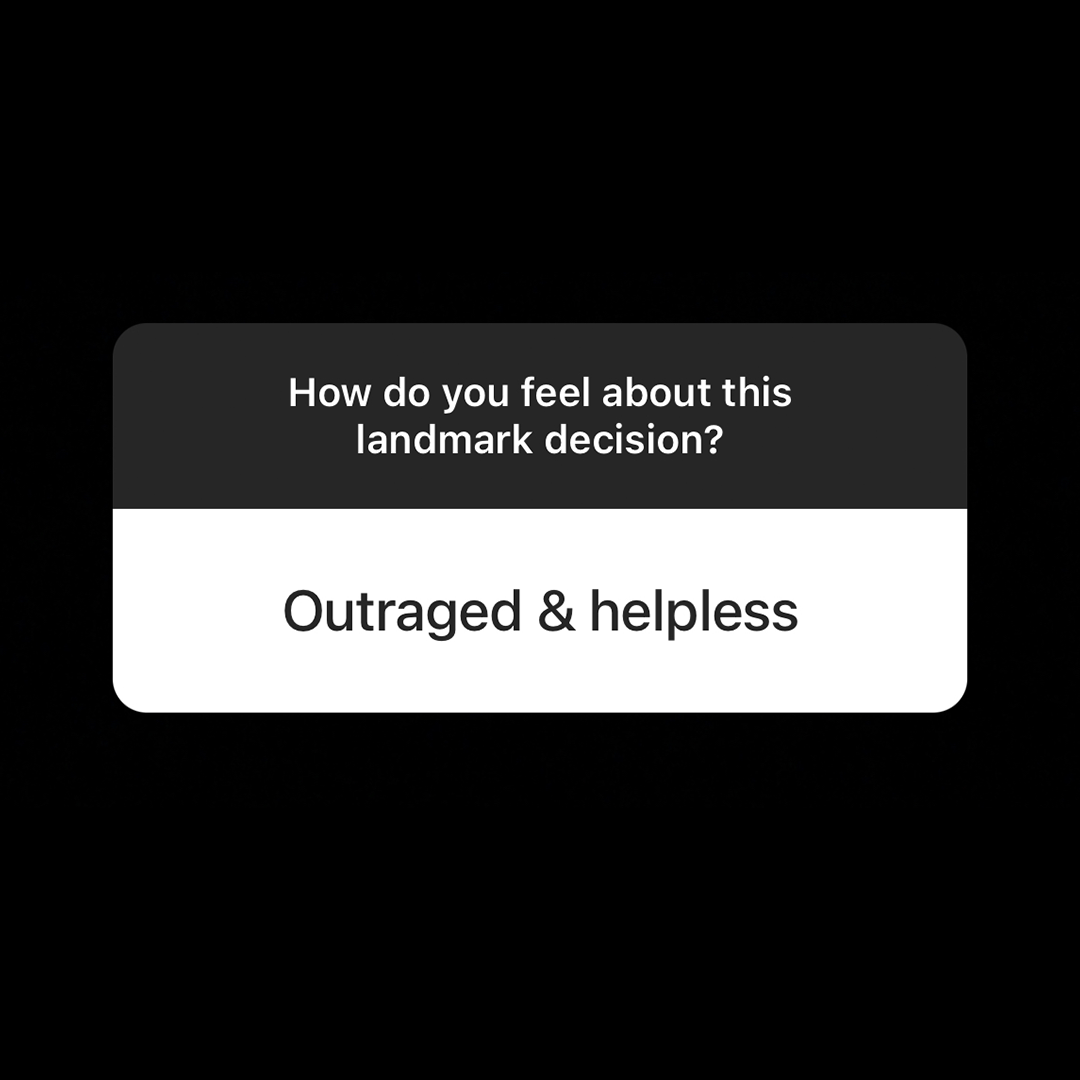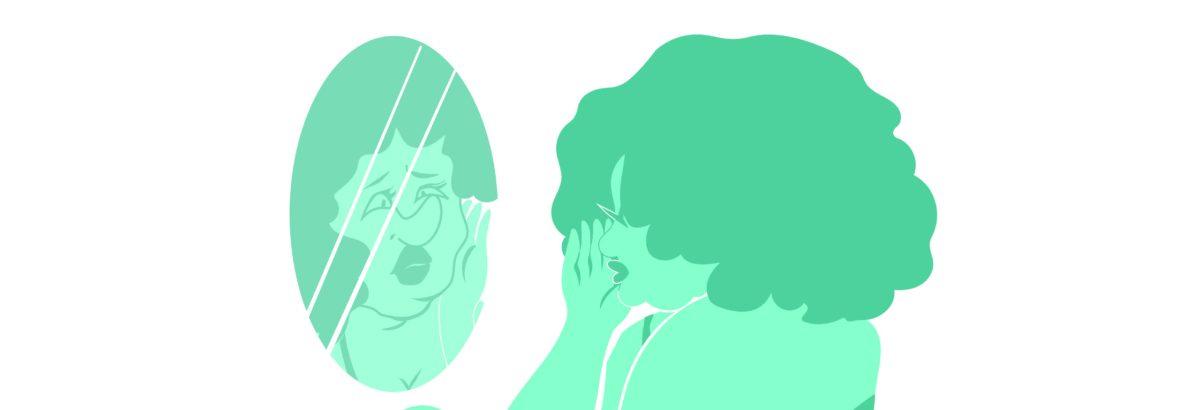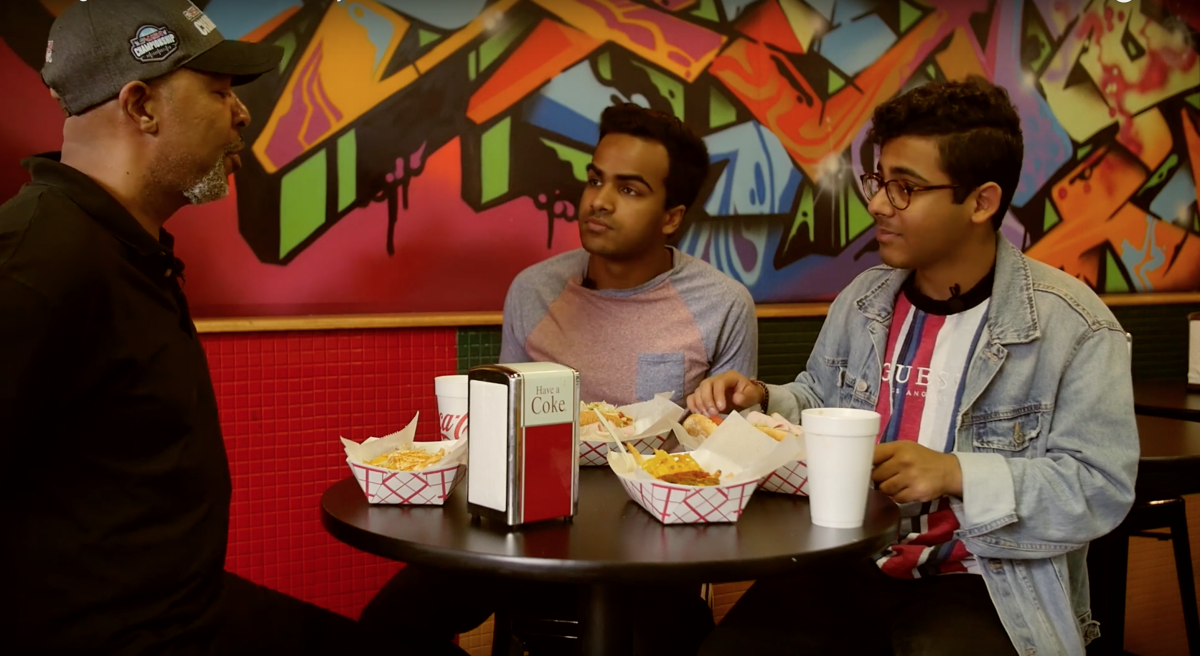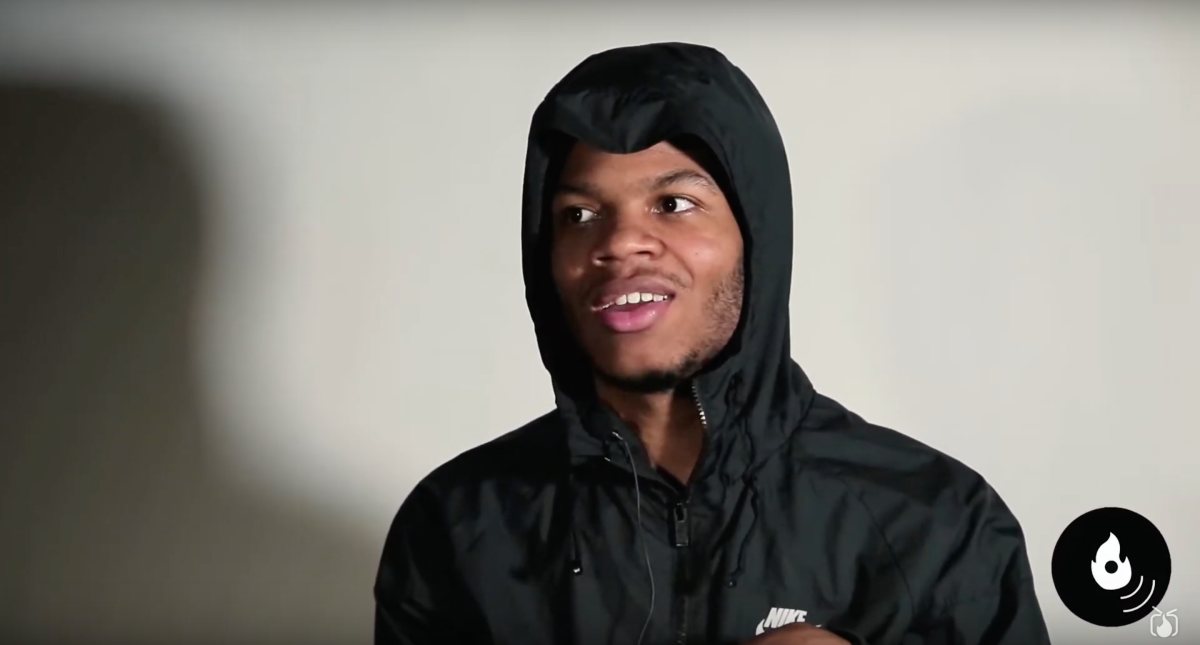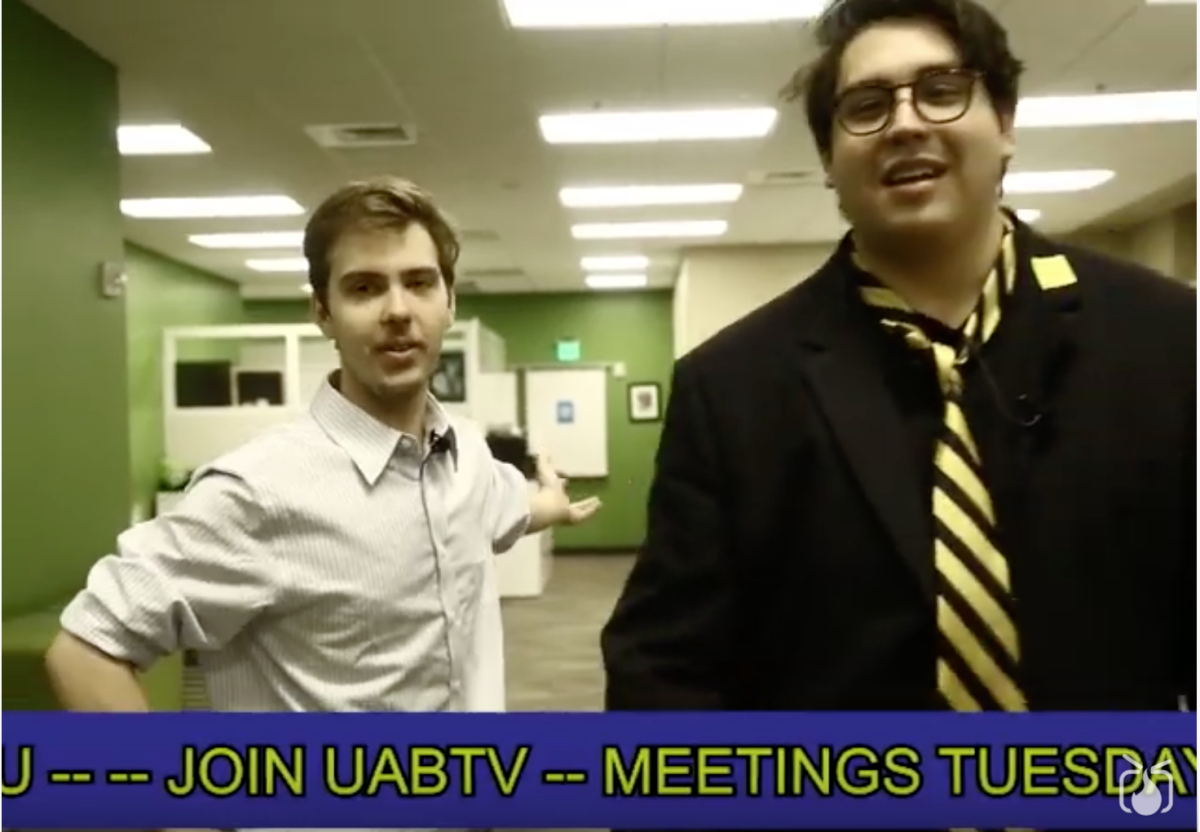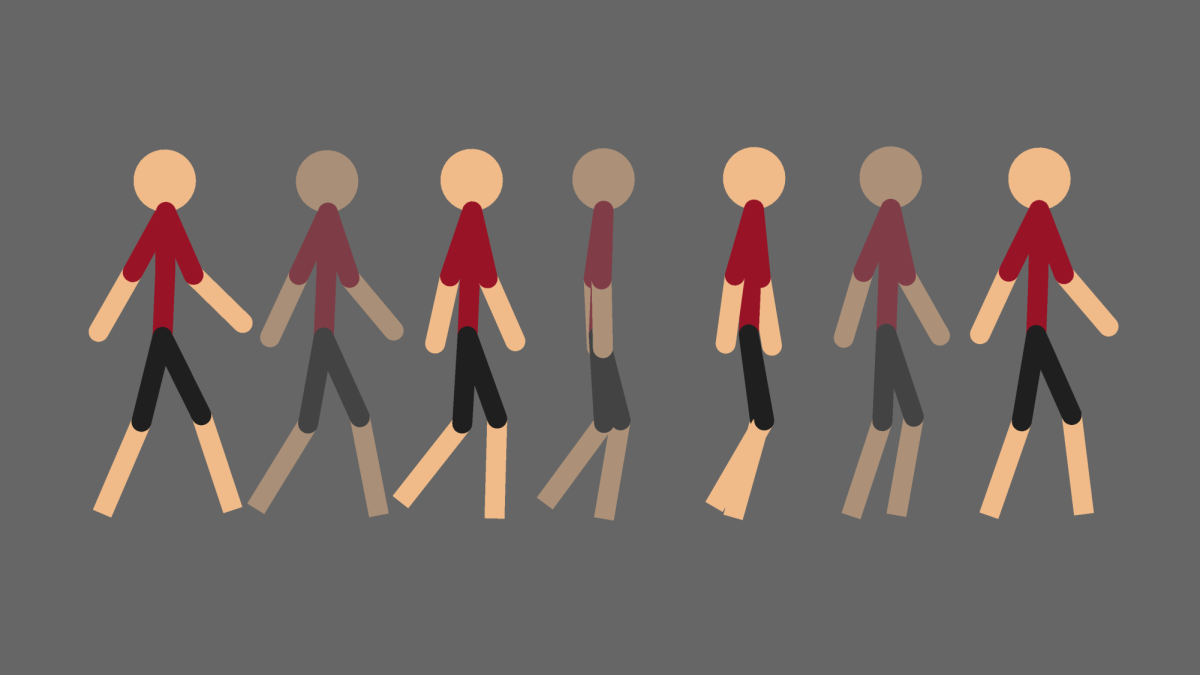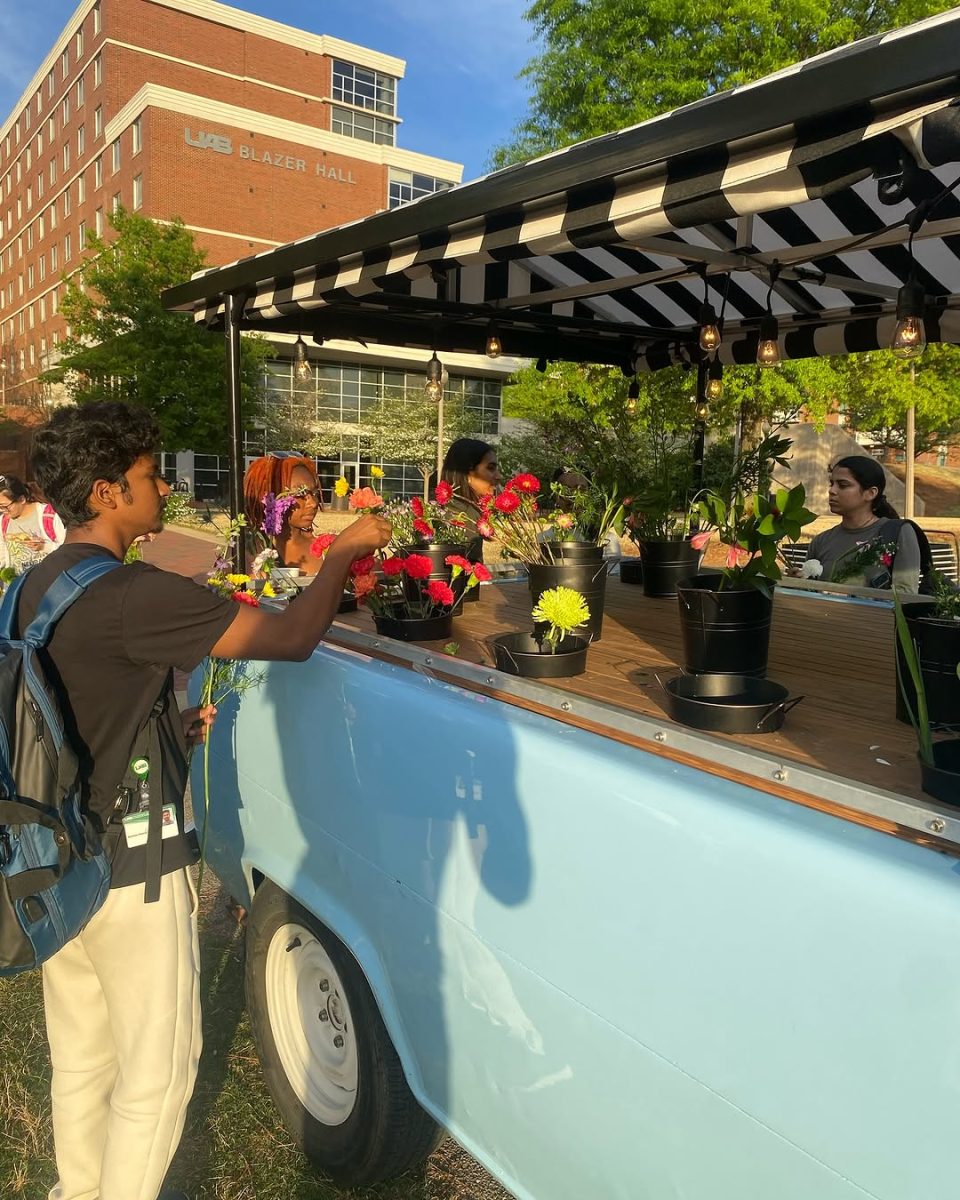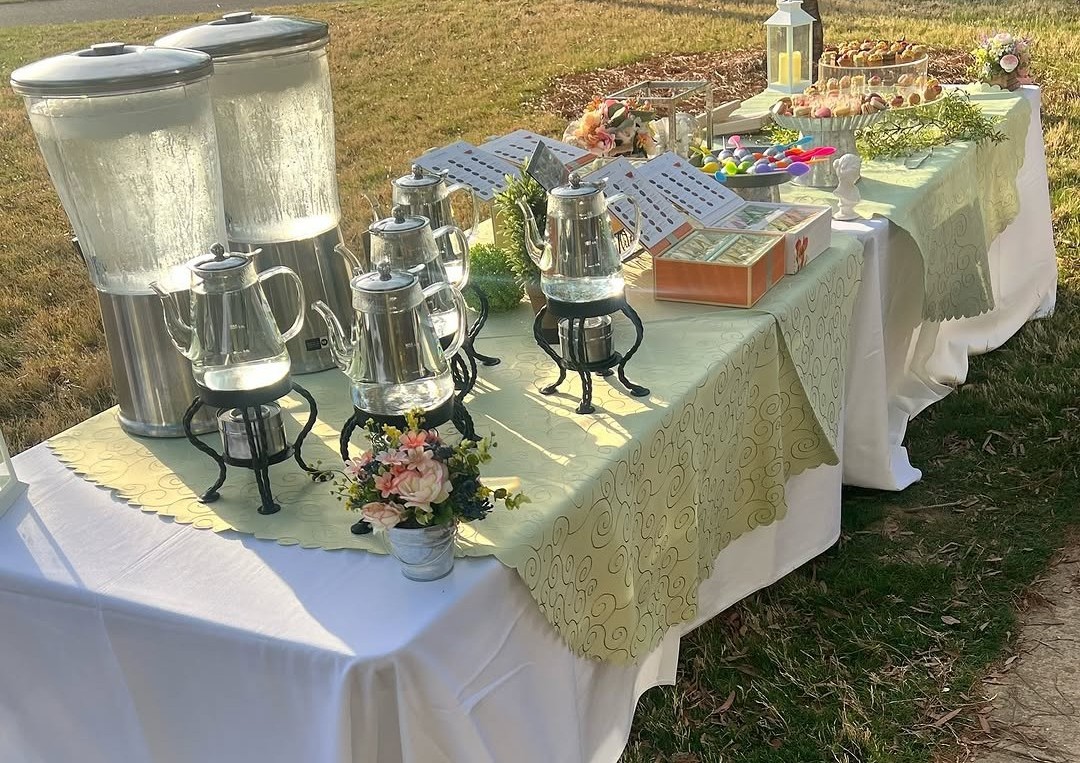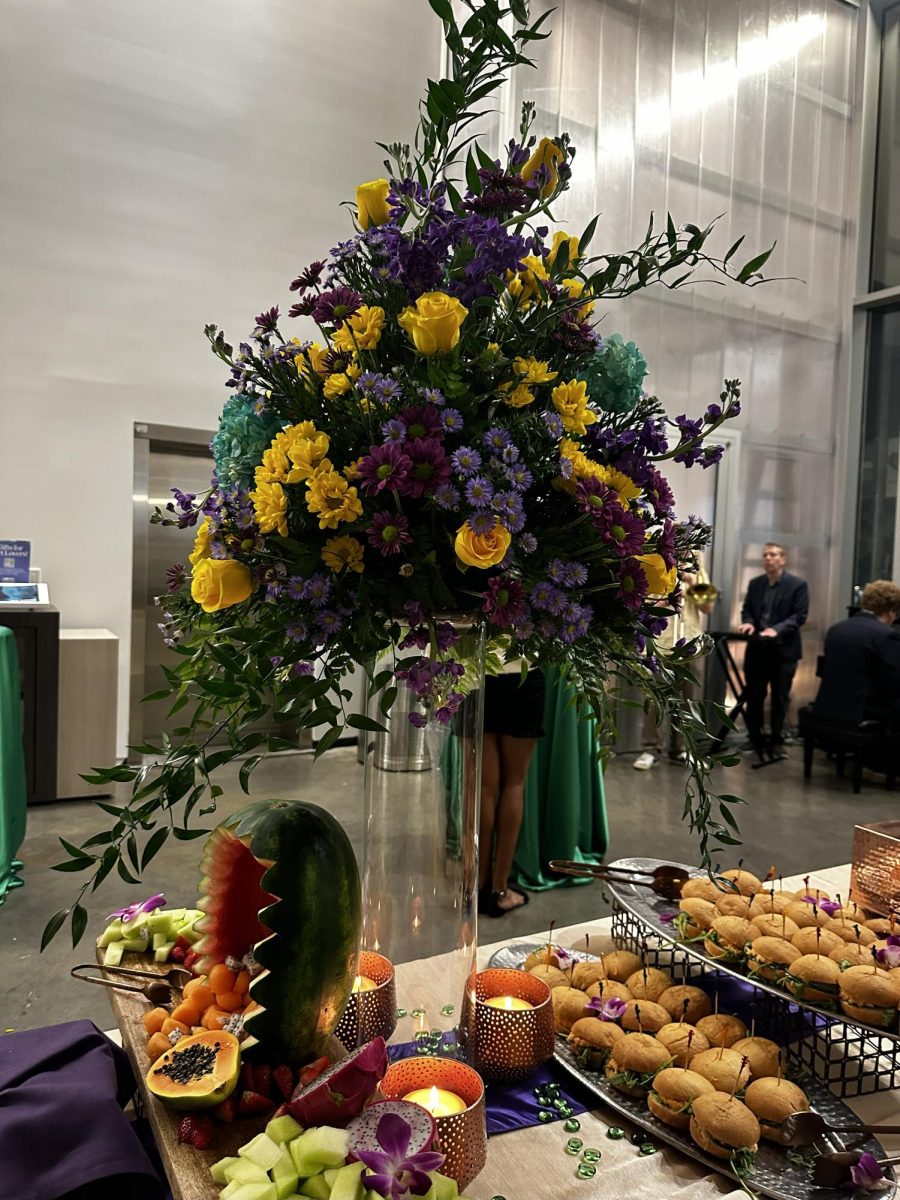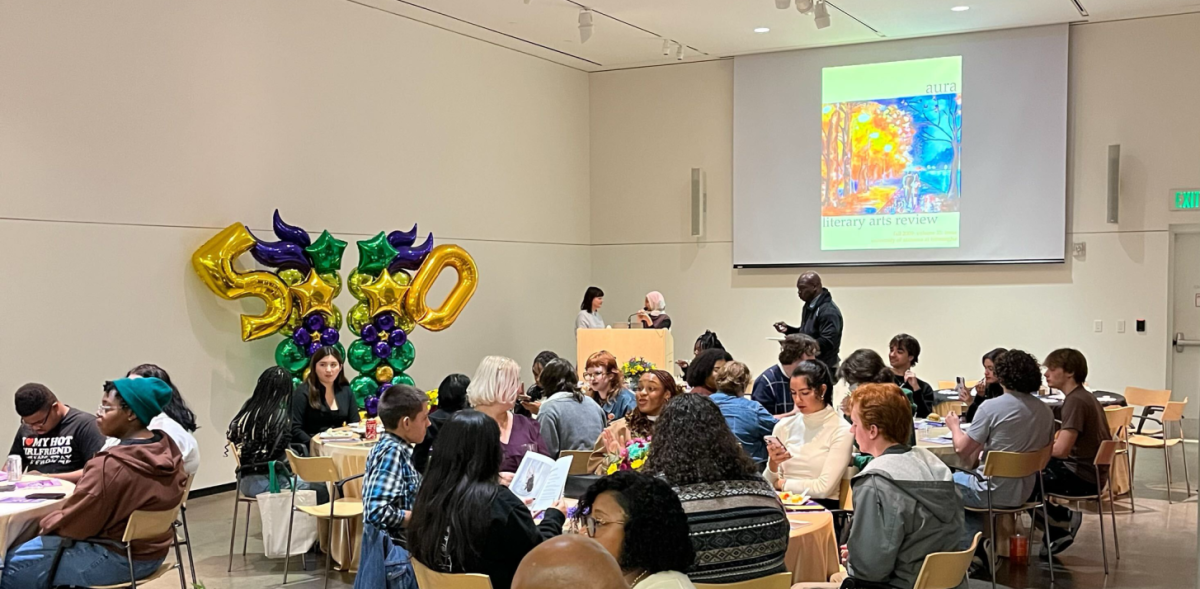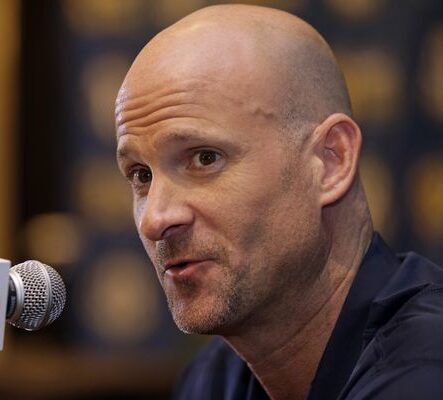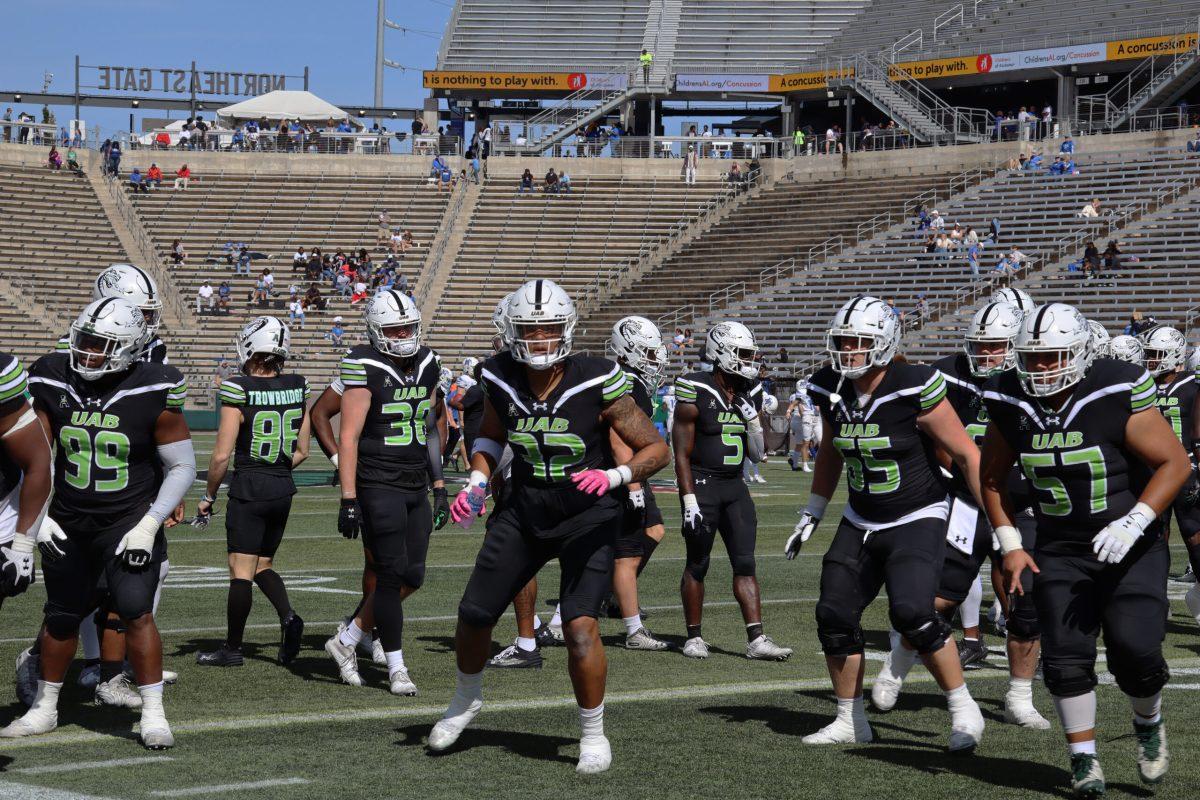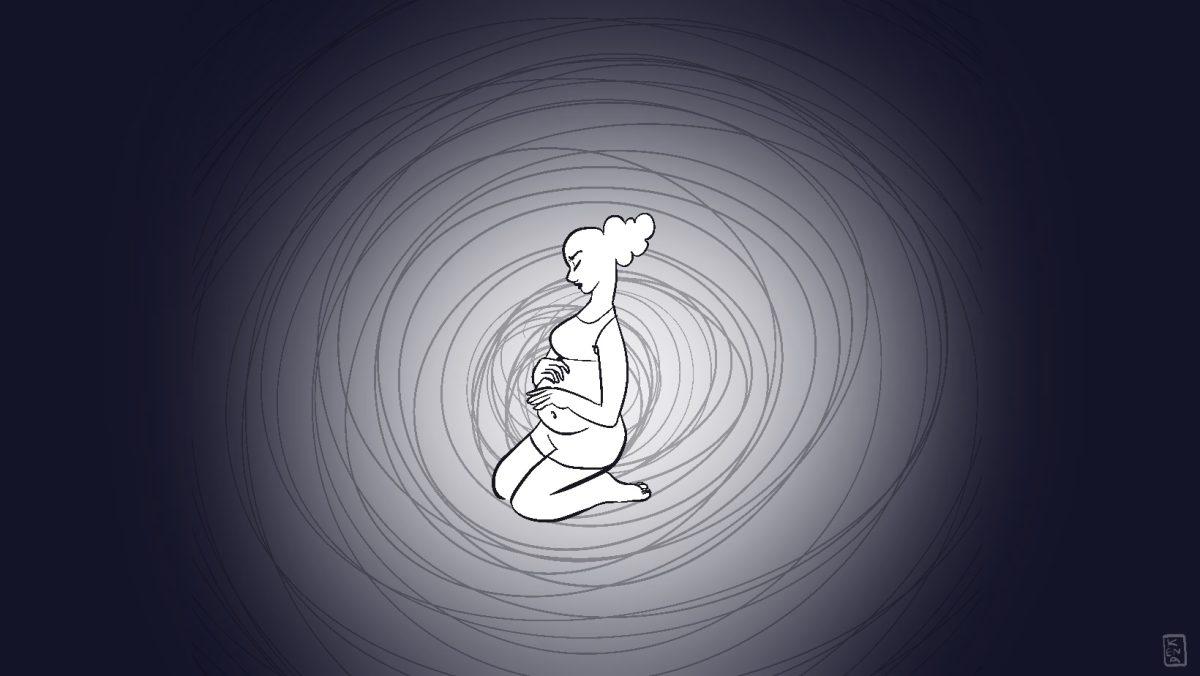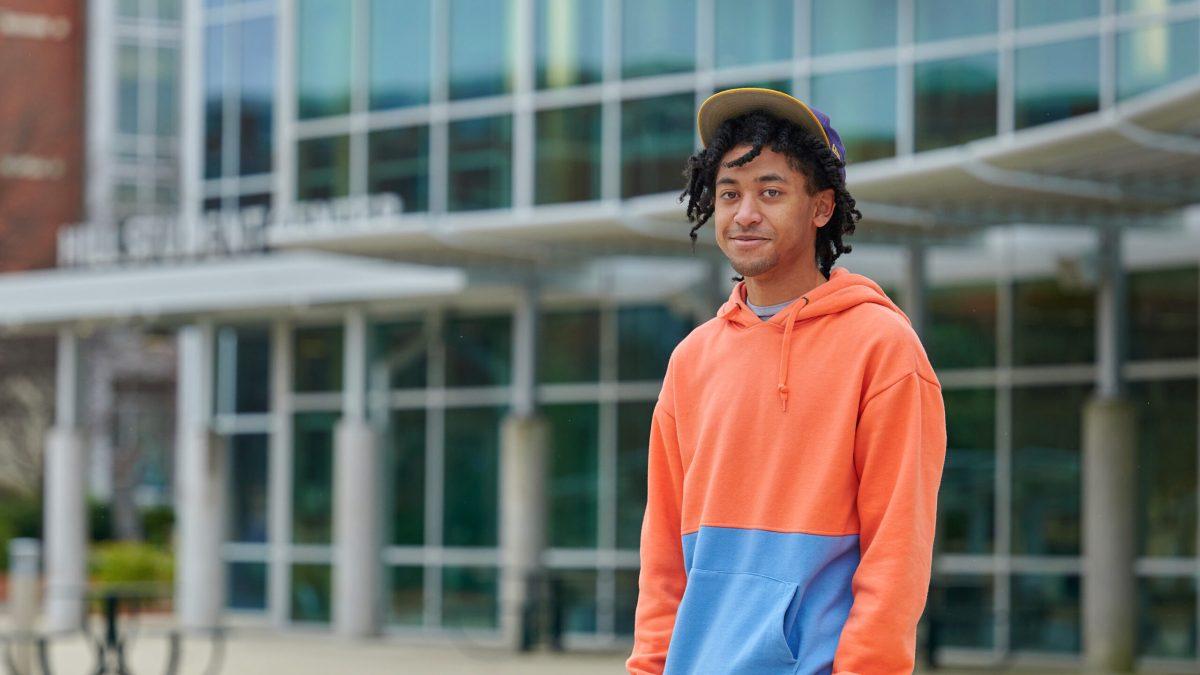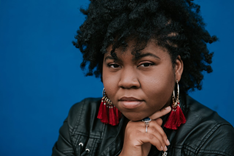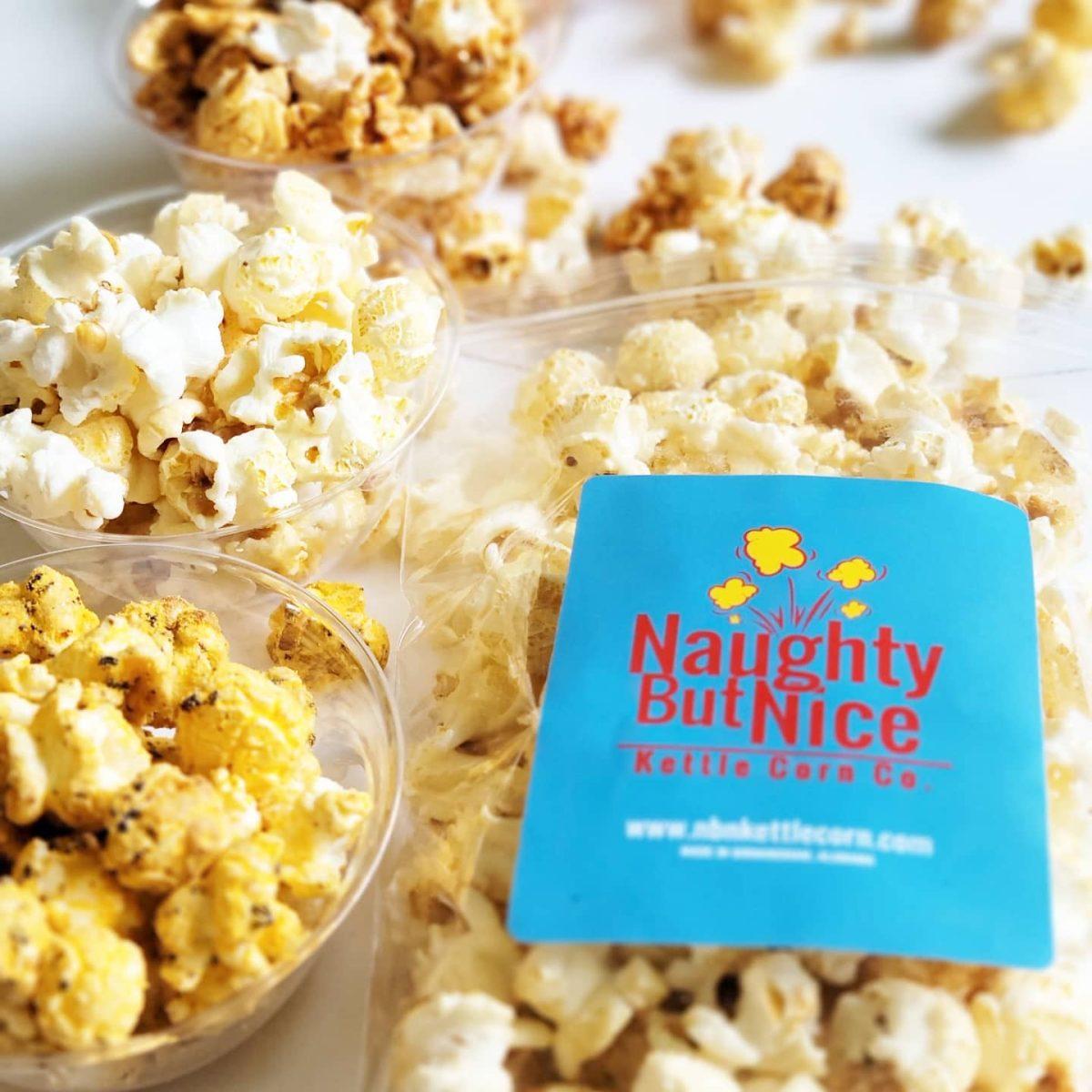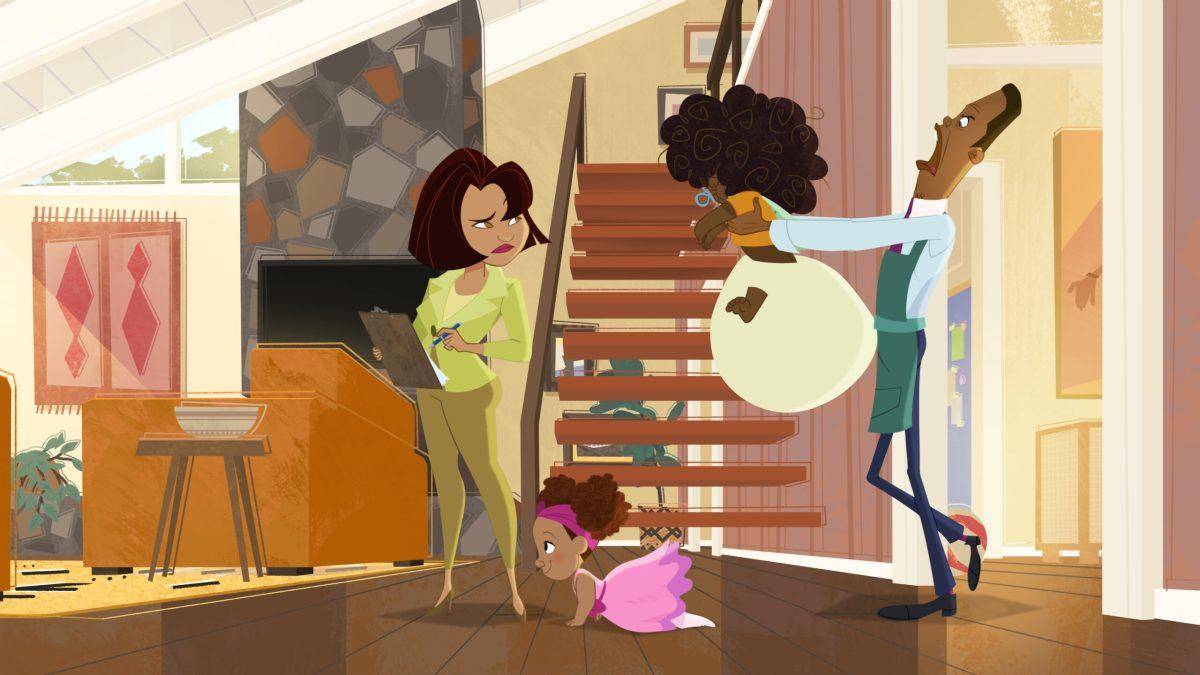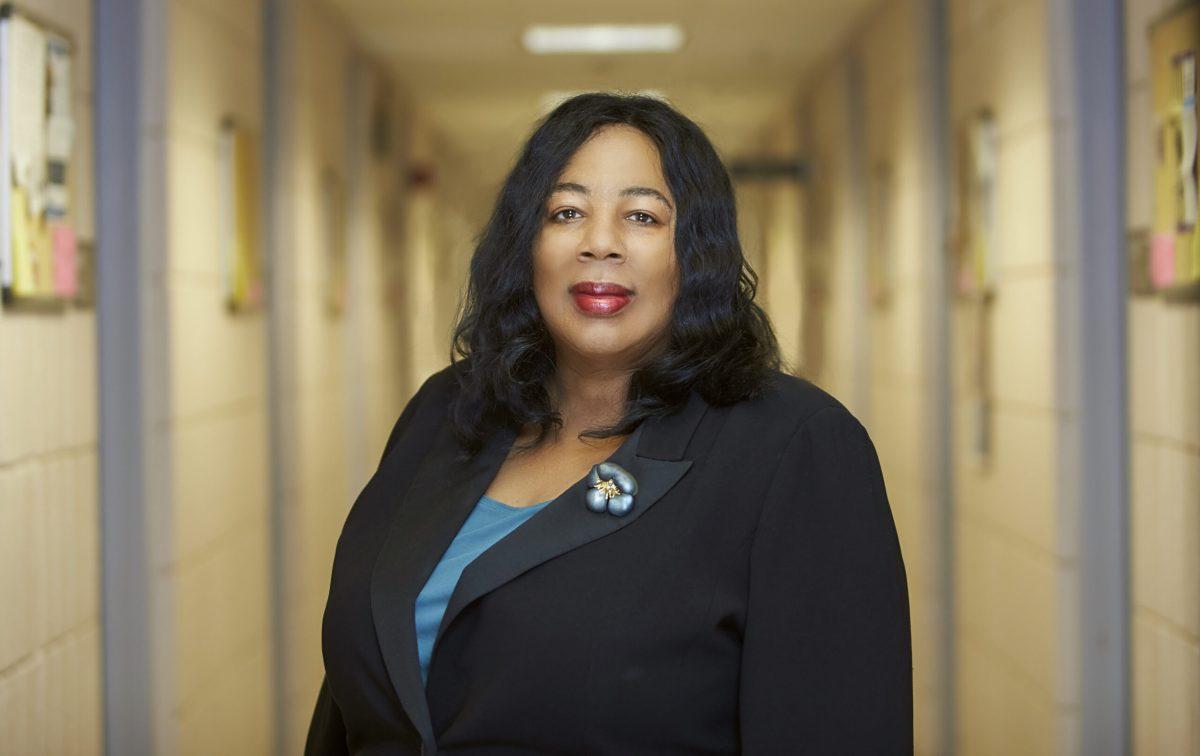The Andy Kennedy era of UAB basketball begins today, as the Blazers take on Alcorn State at Bartow Arena.
We sat down with Coach Kennedy and asked about he feels about being back at UAB, how the program is handling COVID-19 and what his expectations are for the UAB basketball program.
This interview has been edited for accuracy and concision.
The Kaleidoscope: Okay, so you played at UAB, and you were here as an assistant coach as well. So, what is it like now to return to your alma mater as a head coach? Does this feel any different than your previous coaching positions?
Coach Andy Kennedy: Well, I’m excited about the opportunity. Birmingham has always been my home away from home. As you said, I left here, I played ‘88 to ‘91. And I was an assistant. I think ‘96 to ‘01. So, I left and in ‘01, really hadn’t been back in the community until I moved back. I don’t know if you’re aware this, but I was at Ole Miss for 12 seasons. And when that ended in March of 2018, we moved to Birmingham the following June. So, I’ve been living in the community since summer of 2018. Did the thing with ESPN for two seasons and then this opportunity was presented to me. So, I’m excited to be back at my alma mater, I’m excited about trying to get UAB basketball back to the level that I remember it being. Obviously, under the circumstances with the pandemic, and all that has come along with that, things have changed. Things have changed a lot. And as a result, you know, the way in which we approach things have been forced to change, but I’m still excited to get started.
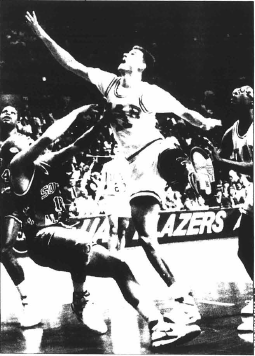
Q: There’s been a lot of excitement about your hiring. How does it feel to sort of have the UAB community and Birmingham rally behind you?
Kennedy: Well, I appreciate that. Again, I feel like I’m coming home, even though (I’m) not born and raised here. Some of my greatest memories are from being a part of this UAB community, both as a player and as an assistant coach. So, I’m really excited about that, I wish again, circumstances were normal, so that we could really get out and embrace the community, most especially our student body and get them engaged in being active participants in us trying to move this program forward. But again, those are circumstances we can’t control. We’re just trying to prepare ourselves as best we can to start this season in earnest, hopefully. Typically, when you have a game scheduled, you know you’re gonna play, but this year is going to be so unusual that we’re just going to try to live it day by day.
How are y’all preparing for those day-to-day changes?
Kennedy: This is my 14th year as a head coach, I was an assistant for 10. So, 24 years as a coach, plus before that, I played. I’ve been doing this at this level for almost 30 years. And even with all that experience, it does not prepare me for what we’re currently going through simply because these are such unprecedented times for us all. So, you just try to make sure number one that your kids, your team is doing everything within our power to stay protected, to make sure that their health and safety is obviously priority number one. And you know, we’re like every team. We’ve been hit with guys that have had the virus that are on our team, the contact tracing, which knocks different guys out for different periods of time. So literally, I come in every day and probably see, okay, who’s my roster, who’s here today who can practice and proceed accordingly. And then, when the NCAA gave us a start date of November 25th, we all had to scramble around and adjust our schedules. But what was previously set up and you know, now, you just hope that your opponent is healthy and whole and can show up and you have somebody to play, because we’re to the point now that we’re desperately looking for somebody other than ourselves to play.
“I’ve been doing this at this level for almost 30 years. And even with all that experience, it does not prepare me for what we’re currently going through simply because these are such unprecedented times for us all.”
Has the pandemic changed your approaches to how you coach?
Kennedy: Yeah, absolutely, simply because of all the unknowns. If you look at your roster, we have five freshmen, one of which is a redshirt freshman, so he was in the program last year, but four guys that were in high school last year, we got a junior college kid. Eight of our 13 scholarship players are new to the program. So typically, you would say, “Okay, these are our top eight or nine guys, then the other guys, the young guys, they don’t develop at their own pace. And we don’t necessarily have to be dependent upon them to help us win games this year”. That’s changing, because again, your roster’s gonna be in flux all year because of the virus and the things that come along with that. So, you have to have everybody prepared to play.
You mentioned all the new talent on the team this year, how did you go about recruiting some of those players?
Kennedy: I don’t want to sound like a broken record, but it was very strange, I get the job at the end of March, right before the lockdown. I didn’t even have the opportunity to meet with the current players on this team. Then we went outside to eight guys, and we had to do it all virtually you know, we could not have any in person contact. So, we’re dependent upon the years of experience, not only from myself but from the staff I was able to bring on board. And we just used as many contacts and as many people that we had developed relationships with in the past to try to figure out, okay, what’s in the best interest of this team as it relates to trying to put this roster together. I feel good about the pieces that are in place. And now we’re just trying to get to the start point.
I know you mentioned earlier about the day-to-day changes with the schedule. And this schedule right now looks different than it did just a couple months ago. Can you walk me through how y’all adjusted and changed with that schedule?
Kennedy: Well, immediately when I got the job, we had 13 nonconference games to schedule. From the previous staff, we were already under contract for I believe, six, maybe seven of those 13. And then we went out and we filled the remainder of the schedule. And then when the pandemic came, the first two weeks of the season were delayed. So, you lost some games and then you had to reschedule some games. We had opportunities against Kentucky, against Illinois state that we lost. We were fortunate that our marquee nonconference game at Bartow Arena this year, Georgia Tech, the first ACC opponent has been in Bartow Arena since 2013. We were able to keep them on the schedule, which we were pleased about, but we lost some quality opportunities just based on the circumstances. And then Conference USA made a huge change in their method of conference scheduling, which we don’t have any control over. We play 18 league games, but we’re playing the same team back-to-back nights. But it’s very unusual. A lot of conferences across the country are adapting models similar to that just based on trying to limit the exposure of the players and contact tracing and all the things that come with that. So it’ll be challenging as well. It’s very difficult to play back-to-back nights, much less, the same opponent. We’ll have to do that through nine weeks of conference play. So that’ll be a challenge in and of itself.
You mentioned earlier about getting back to where it was when you were a player. What does that look like for you?
Kennedy: It looks to me like we need to win at a higher rate. I have seen what Bartow Arena is like when it’s at capacity, and it’s electric. I know that this community supports winning basketball. And we’re coming off a season where I think it was the lowest attendance season in the history of UAB basketball. Unfortunately, with COVID, and the restrictions to allowing people into the arena, it’s gonna be very difficult to make the impact that we were looking forward to making in that regard. So again, we’re just trying to focus on winning games for conference championships and try to put ourselves in position to play meaningful basketball in the month of March.
Are there any expectations of what you think program should be?
Kennedy: I think the program should be the standard in Conference USA. I think the program should be one in which it is battling at a championship level year in and year out. And one which has the opportunity to be a regular participant in postseason basketball. I think that standard has been established by Gene Bartow back in the 1980s. And that’s the goal to get it back.
“I think the program should be the standard in Conference USA.”
Between the pandemic, the election and Black Lives Matter really taking hold over the summer, it’s been a very tumultuous year. How have you been relating to your players through all of this?
Kennedy: Well, there’s just been so much going on in the world. We are in a very tumultuous period in our country’s history. We’re constantly preaching awareness. College is a formative time for everybody, and our guys are college students. So, it’s an opportunity for them to grow and to learn and to see things, and we just try to make sure that they stay aware of all the information they’re exposing themselves to so that they can make educated decisions.
And we’re a little under a week out from the season tipping off, what are you and your players really focusing on heading into that game.
Kennedy: Again, this is so unusual. [In a] typical season, we would have had some scrimmages against other teams. We would have had some exhibition games where the guys could put the uniform on and run out into Bartow Arena in front of fans and get that experience over with. We don’t have any of that. We’re going to go into our first game November 25 against Alcorn State. They haven’t played anyone. We haven’t played anyone. We won’t even know who their starters are until they put them into books at 10 minutes before the game. There’ll be no film. They haven’t seen us play; we haven’t seen them play. So, it’s just walking into the unknown. So, we really can’t get too consumed with who we’re playing. We just got to be ready to be the best that we can be and our guys have worked really hard over the last few months and I think they’re anxious have the opportunity to play someone other than a teammate.
